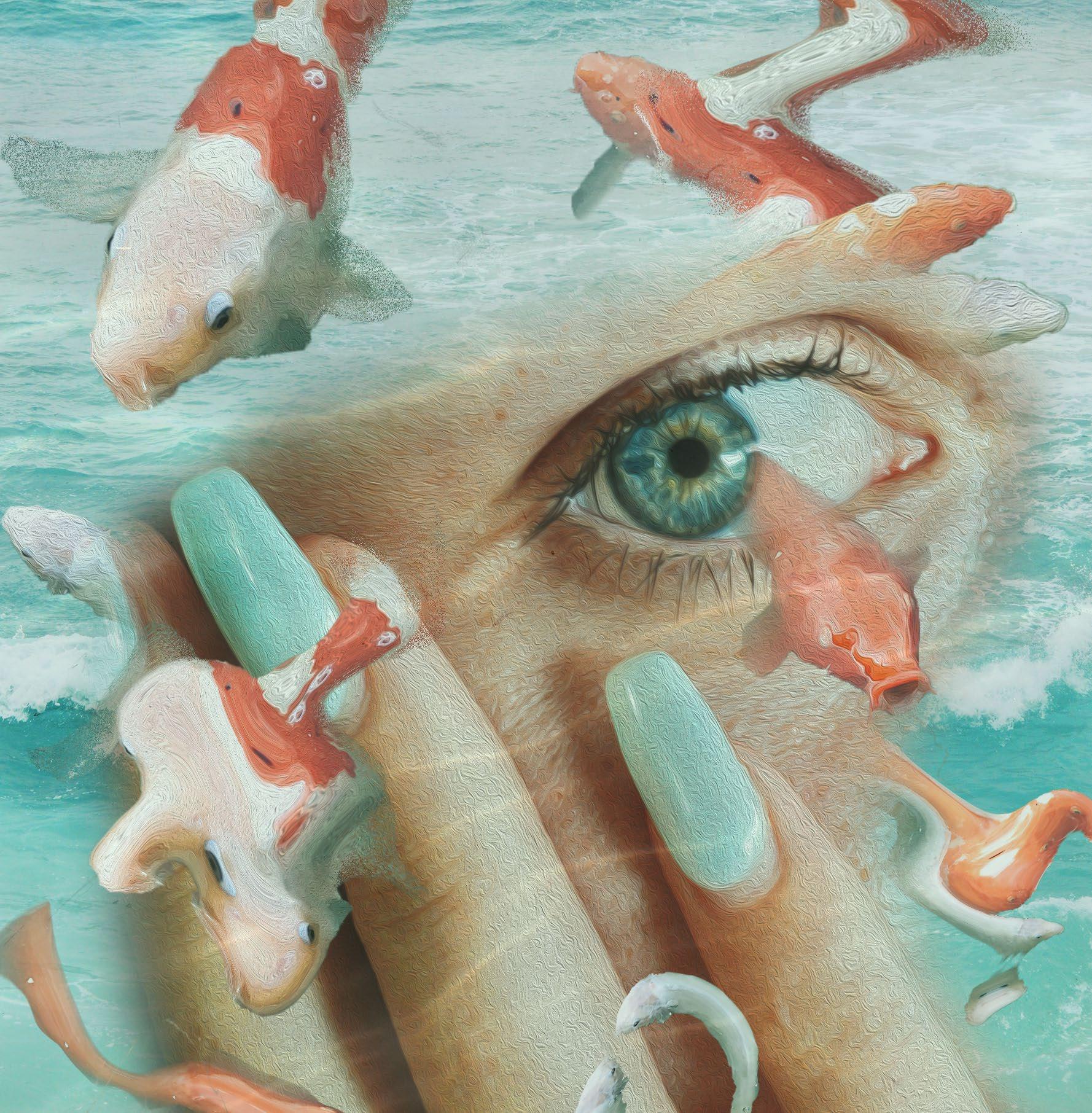

Why Glass?
In this sense, Glass is like water; if you look into it, you see your own face staring right back at you. The work in Glass Magazine has always been a form of self-reflection or a form of reflection of the world around us. Some of us right now are stuck in our rooms staring at walls or into glass mirrors. In the quiet, we see ourselves. We are proud of the work of our contributors. You surprise us, inspire us and move us. Your work takes on all the qualities of glass; shining bright, stained dark, reflective, fragile and beautifully crafted.
“The world is a looking glass and gives back to every man the reflection of his own face.”
William Makepeace Thackeray, Vanity Fair.
Acknowledgement of Country

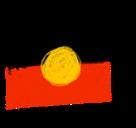
Glass Media and the QUT Guild acknowledge the Turrbal and Yugara peoples as the First Nations owners of the lands where QUT now stands. We pay respect to their Elders, past, present and emerging, their lores, customs and creation spirits. We recognise that these lands have always been places of teaching, research, learning and storytelling.
Glass Media and the QUT Guild acknowledge the important role Aboriginal and Torres Strait Islander people play within the Meanjin community.
Cultural Warning
Aboriginal and Torres Strait Islander readers are warned that the following magazine may contain references to deceased persons.
Disclaimer
Glass Media informs readers that the views, thoughts, and opinions expressed in this issue of Glass belong solely to the author, and do not necessarily express the views of Glass Media or the QUT Guild.
Editor’s Letter
Uncharted Waters is new and unfamiliar, going places unmapped and unknown. Uncharted Waters represents our anxiety for the present, hope for the future and excitement to learn new things. In many ways, everything we’re doing right now is ‘uncharted’; we’ve never seen the world shut down before. We’ve never seen this kind of global response to a crisis. Most of us have never navigated university classes from home and some of us have never been out of work for this long. Navigating this new world without normal, without routines and without distractions from the four walls of our homes comes with its challenges. But we’ve seen great kindness and ingenuity. Watch the people of New York meet their neighbours, often for the first time, on rooftops. Watch our artists adapt and spin us beautiful stories from their own homes. Support local businesses, call an old friend. Life, as they say, goes on and it is beautiful.
As editors, mapping out Uncharted Waters was a challenge. We’re still trialing work from home and dealing with all the ins and outs of creating a publication with each of us more than a mile away. Bless the patience of our graphic designer, for this issue the lovely Aidan Ryan, who had to take our notes over the phone.
THE GLASS EDITORS
ANAHITA EBRAHIMI JASMIN GRAVES EM READMAN ASHLEIGH NORTHOne of us, Jess Perkins, embarked upon uncharted waters of her own. Jess was the perfectionist of the group and she contributed so much to Glass. We’re sad to see her go—but happy to note she has a bright career ahead of her. We were joined by the talented Anahita Ebrahimi, who has graced the pages of Glass magazine since our very first edition.
Glass has also dove headfirst into the waters of student governance. Although we remain focused on showcasing student work, we now cover Guild executives and university issues more extensively. We are collecting reports from Guild executives online and will continue to do so. It is important now, more than ever, to hold our representatives accountable and represent the students of QUT. Wishing you love, luck and an abundance of toilet paper.
The Glass team
Uncharted Waters
We’re living in uncharted waters; the new normal is abnormal . When have you gone the distance for your cause? What’s something you’ve never done before? What scares you about the unknown? Write to us about when you’ve been brave. Get political or show a softer side. Better yet, try something new for Glass.
President’s Letter
 WRITTEN BY OLIVIA BRUMM
WRITTEN BY OLIVIA BRUMM
Uncharted waters and unprecedented times indeed.
It’s strange but I remember the first time I heard the title of the second Glass issue. I was walking through the A-Block lawn at Kelvin Grove on the way to a university meeting (of more than 2 people). There were groups of students lying on the lawn enjoying the sun. Semester one was just starting to ramp up and the campus was bustling. Lecture halls and the food court were packed. It was almost impossible to find a car park if you arrived after 8:30am.
Just a few short weeks and many press conferences later and every aspect of our lives have been turned upside down. Significant changes to the way we all live came in rapid succession and there was a point where missing a single news cycle could mean falling miles behind.
Fortunately, it looks as if we are on track to ‘flatten the curve’ in Australia, with community transmission low and fewer positive results being recorded every day. In a sense, we’re extraordinarily lucky. Our country is sparse, our public health care system is exemplary, and our testing rates were high. We’ve so far managed to escape the devastating loss of life many of our allies are experiencing in the tens of thousands.
On an individual level, it’s difficult to feel lucky in times like these. Uncertainty breeds fear and perpetuates anxiety. It can be tough to find the motivation to study, work or even just get out of bed some days.
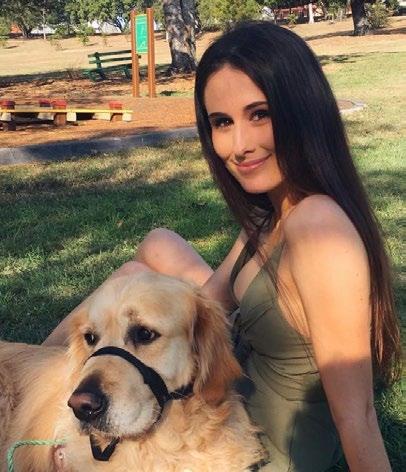
In times of uncertainty, predictability and establishing a routine can help you take back a sense of control over your life. Things as simple as waking up around the same time every day, getting dressed as if you’re going to work, eating meals at regular times and spending some time out in the sunlight exercising (safely) can be effective coping mechanisms.
It’s also vitally important that we maintain a sense of connection and community during isolation. Check-in on friends, family and loved ones. Take Friday night work drinks online, do a paint and sip with your friend through Zoom, or sell your artwork on Etsy. I’ve even heard the Guild is running pet show and tell sessions through Zoom!
Overall, just stay home, stay safe and remember the Guild is still here to support you, so don’t be afraid
Wild, Crazy and Blue
WRITTEN BY JORDAN TOWNSI have a complicated relationship with Water. I love all the different styles she wears. I love the salty smell she leaves on my body after a coastal swim. I love the winds and the smell of wet earth when she rains. I love her gentleness and the way she stirs with the fish in her belly. But there’s a style I don’t like that she wears – her furious side. It’s almost killed me. So, Water, count yourself dumped. Actually, the first time she nearly drowned me, I had been the one being dumped. I was only eight years old and the lurking wave had knocked all the air from my lungs. I remember feeling my spine smack the pebbly seabed as Water angrily lashed me backwards again. When she backed off for mere moments, I was able to collect my feet and push myself to the surface. But Water had been waiting, and before I could get enough air, her wave had pounced on me again.
This time it had been worse because, finally, I had realised I was in serious trouble if I couldn’t time my escape right. I remember doing the one thing they always told me not to do when you’re in these situations – I panicked. Water lashed out at me again, sending my body in a tumbling spiral of dizzying pummels. The curls of the waves pulled and tugged at my limbs as I swirled, unwillingly, with her tight hold. Eventually, when I thought I
was truly never going to see the surface again, she grew bored and let me go. I breathed in the air so quickly, I almost coughed a heavy amount back up again. Water had been a bully that day. For not only did she try to drown me, she also stuck a whole lot of sand down my swimmers.
I realised this later, as sickening as it was, that Water had a type. She liked children. She enjoyed the way they struggled and how easy it was to pull them towards hysteria. When I was even younger, before Water and I had truly met, she had selected the smallest boy she could find. No one seemed to notice the flurry of hair spiralling beneath the hotel pool. I had noticed. I recognised the quietly frantic struggle of someone being pinned by Water. My tiny, five-year-old hand clenched the boy’s longsleeved swimmers and plucked him from her grasp. He had gasped and spluttered like a fish, breathing in strong breaths of relief on his side. His parents held him and pulled him further from Water’s reaches, as they thanked me profusely for saving his life. It’s been too long for me to remember the specifics, but I know I wouldn’t have had a clue that I saved that boy’s life.
I have a complicated relationship with Water. She burns my eyes, tickles my lungs, prunes my skin and leaves me bleeding. But for some reason, I always go back.
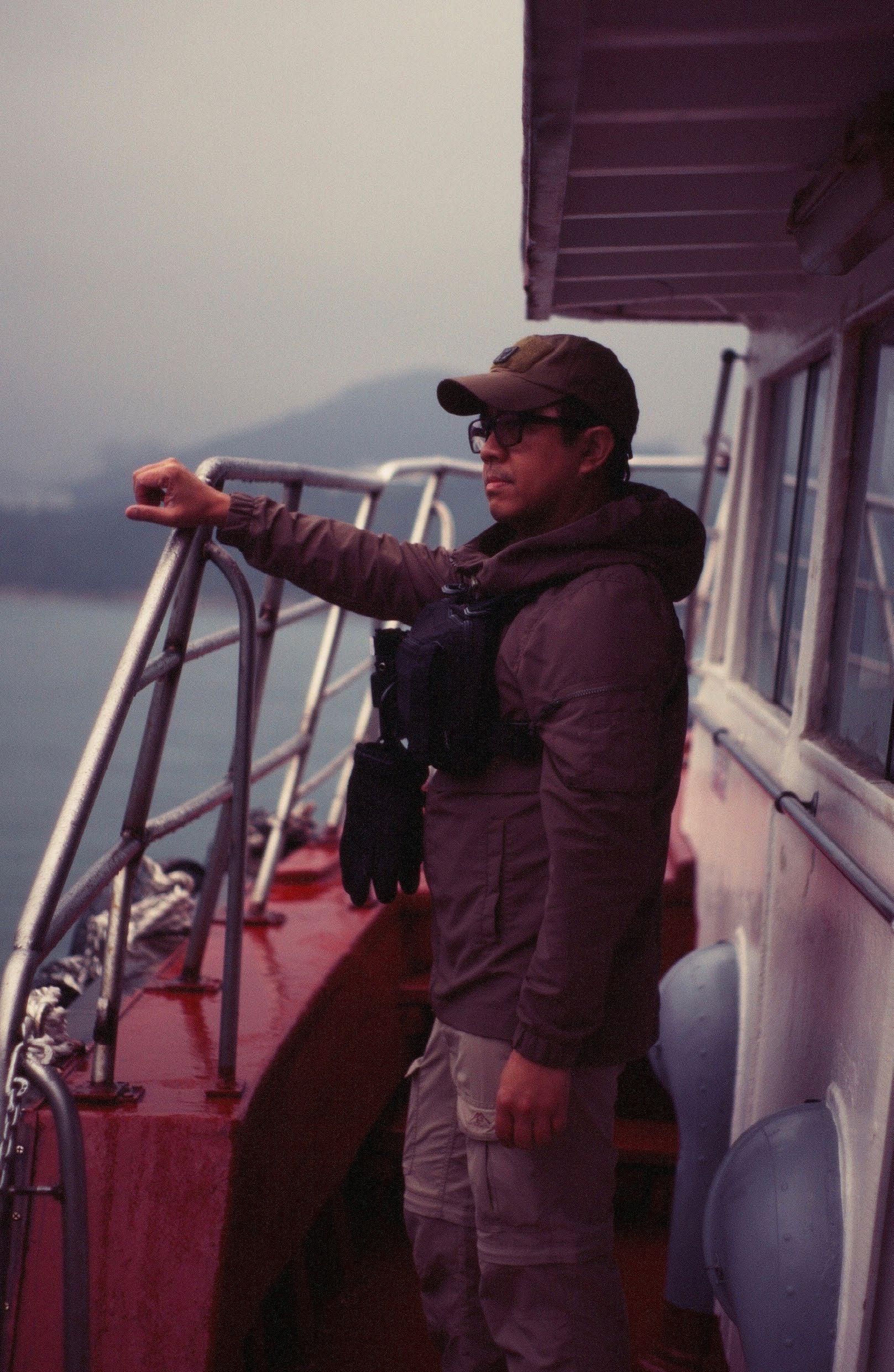
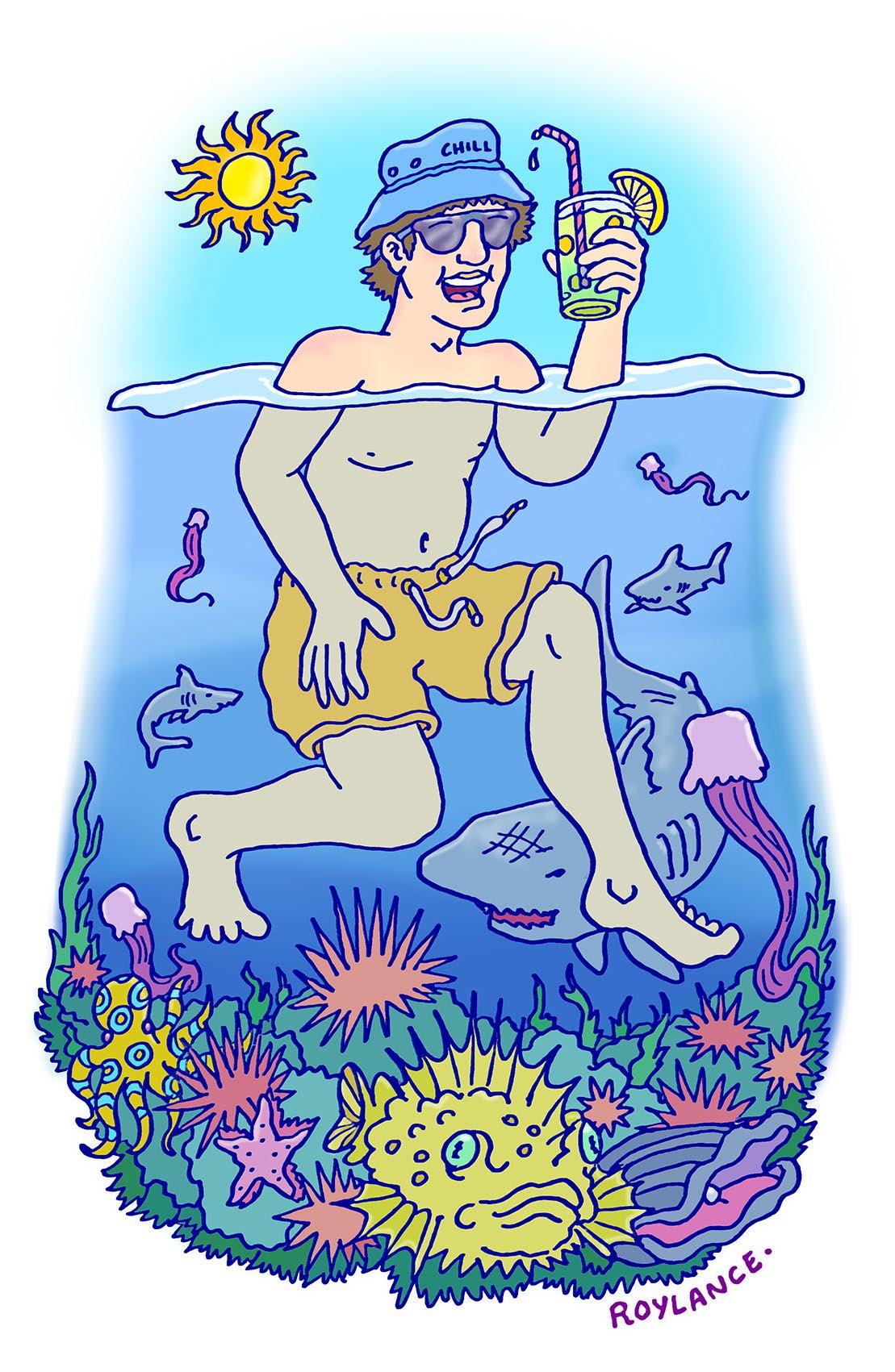
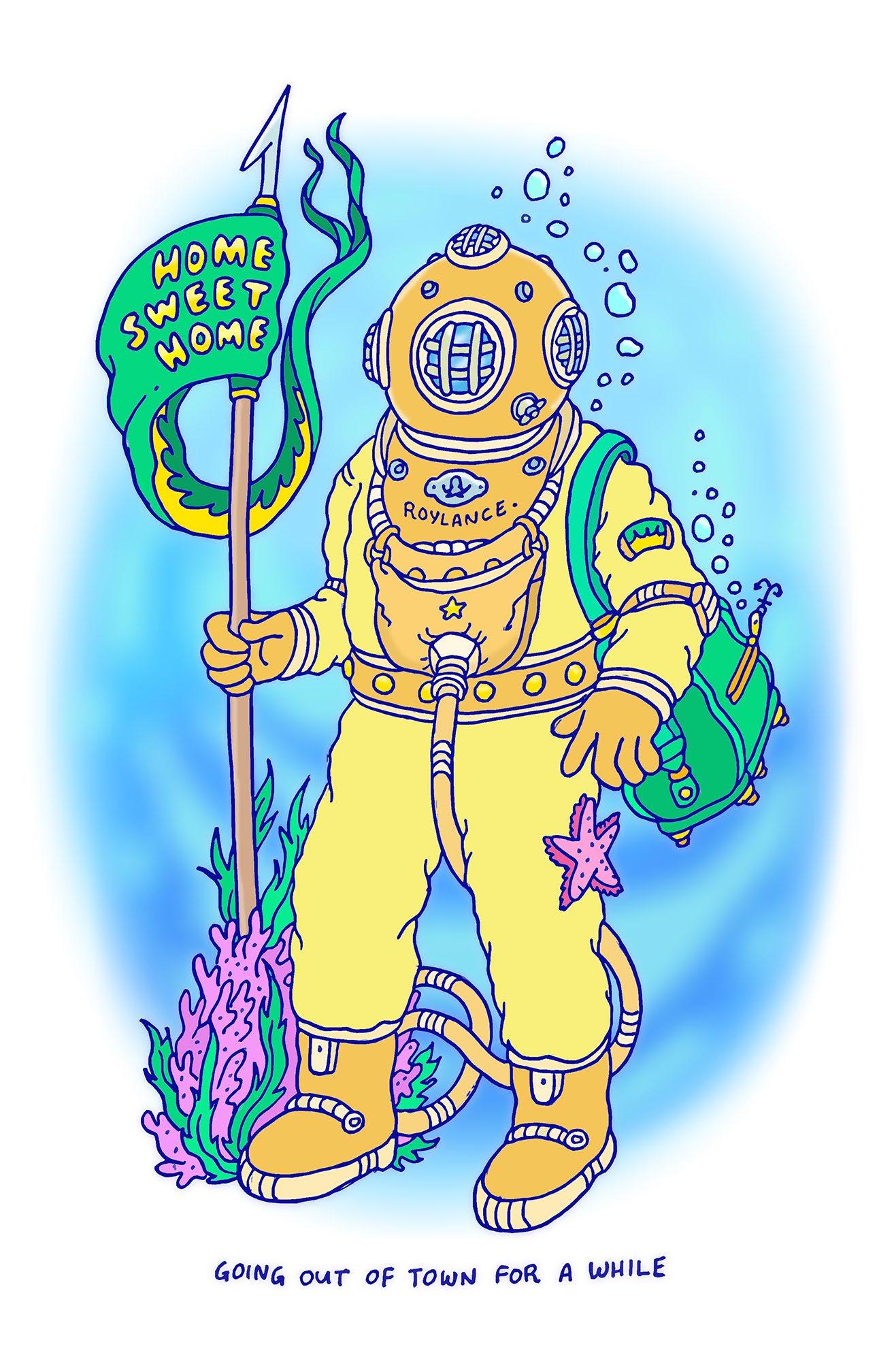
Poetry
BARK TWICE FOR HELP
WRITTEN BY SEAN WESTI wonder if you remember how close we came to becoming a six o’clock news story that time during flooding season when we nicked your brother’s boogie boards and let the creek tug our pale bodies harder than any girl could I wonder if you remember when brown foam snatched our boards out from under us then upper-cutted them back at our chins You were pulled down way faster than me. I saw your eyes turn at the thought you might not make it home to your dog who watched the weather channel when she was home alone, whose sister died of cancer She would have seen you as a passing headline and barked until your mum walked over to turn the television off. I wonder if you remember how I saved us from that.
OR HIGH WATER
Do not lick and lap closer to my swinging feet. I do not see him or myself in your trillion thrashing throats as I sit over -looking your river Styx, watch yachts brush down your spine I don’t recognise their calligraphy Can’t see our faces summoned back over your swell: a ridicule of truth. This story does not hold water anymore. There are too many holes in its hull; I’ll go down with the ship. But when I press your shell to my ear, I can make out his burring voice through the imperfect pink curl of it: Do not wait for the king tide to claim you. Call our name and tame it with your lungs.
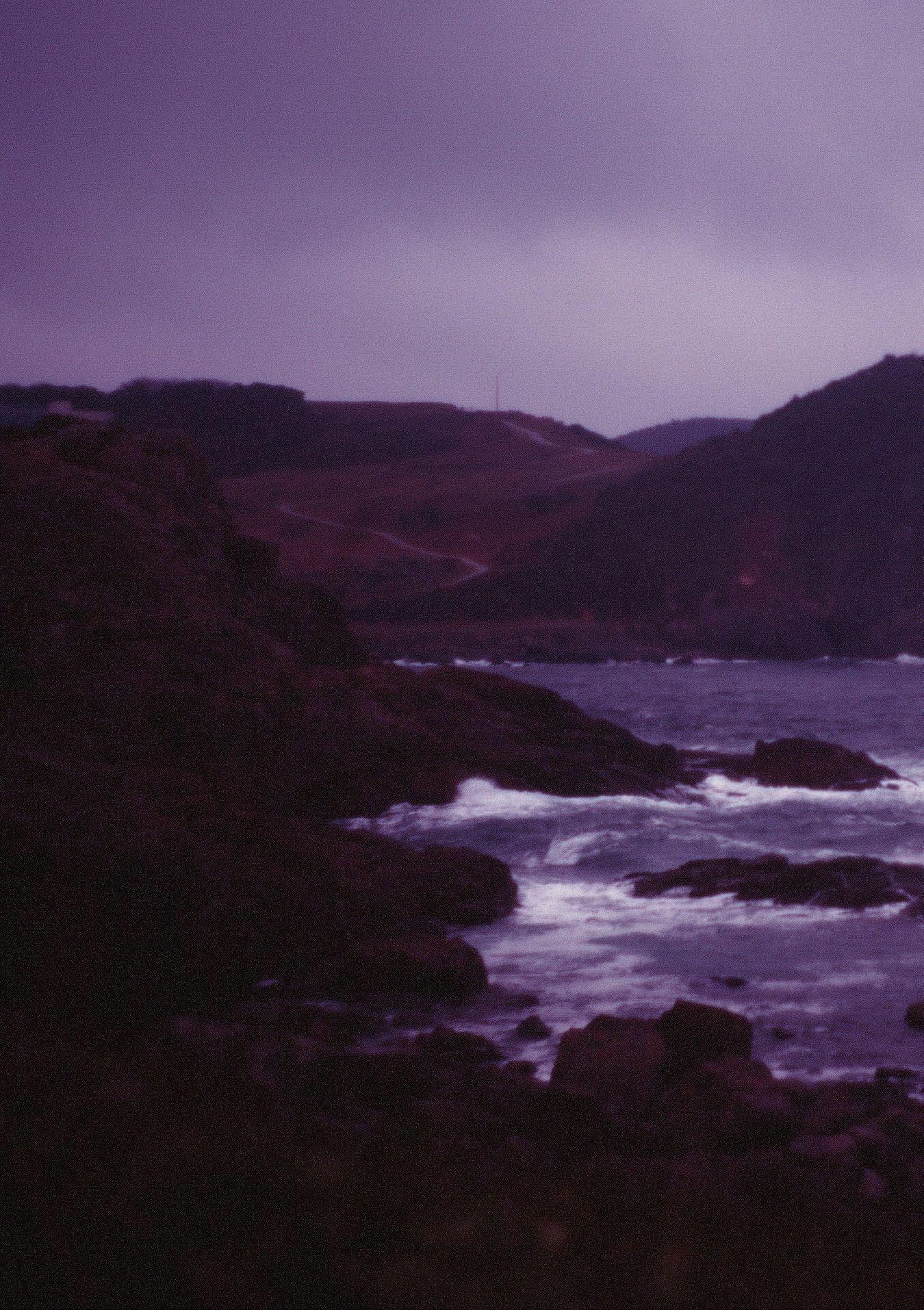 LINE OF SIGHT BY JULIENNE PANCHO
LINE OF SIGHT BY JULIENNE PANCHO
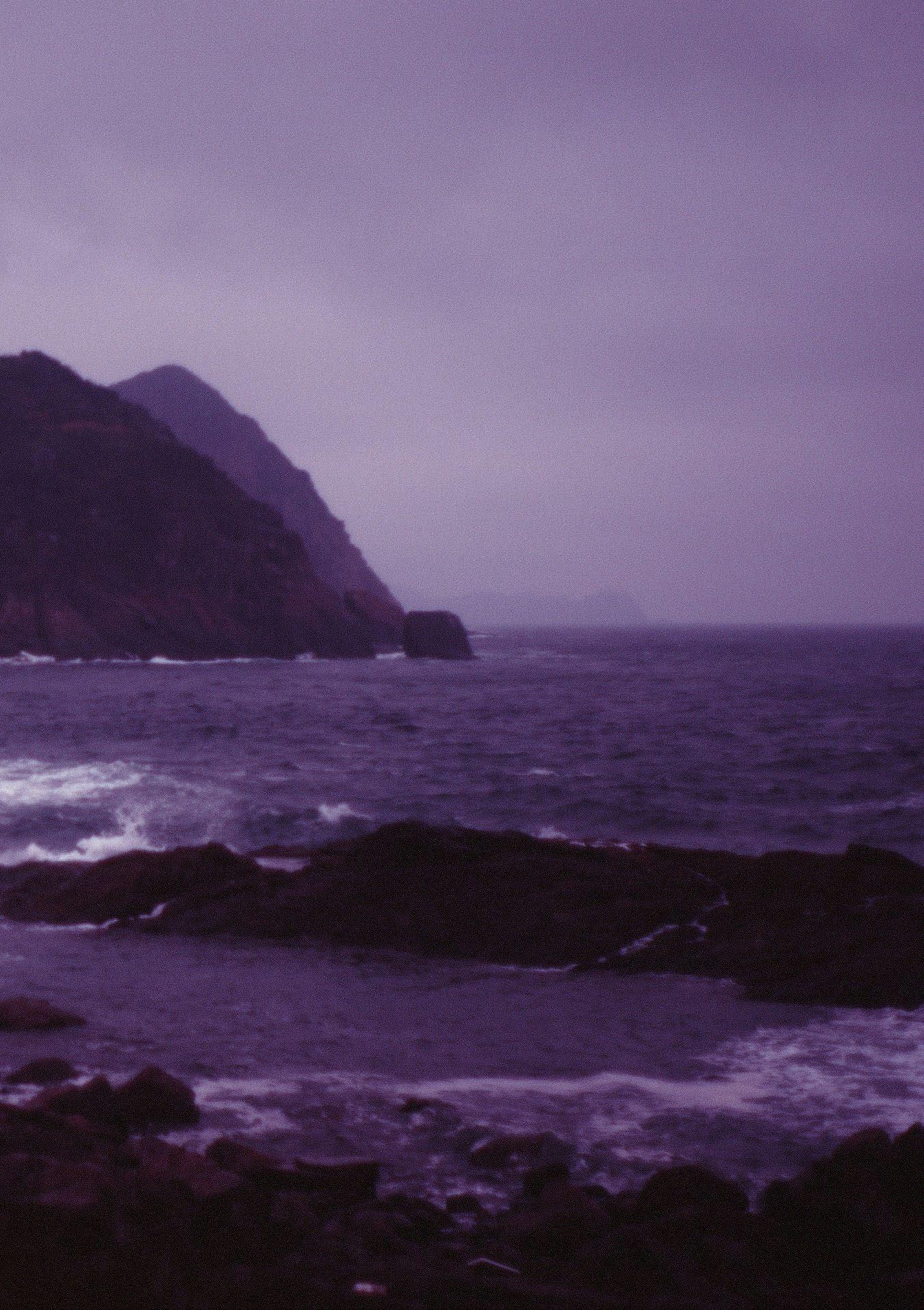
TRIGGER WARNING DISCUSSIONS OF ABUSE
Sugar Baby
WRITTEN BY KELLY HOLDENI’m home for Christmas. We go to the pitches to watch my brother play cricket. The boys are in the clubhouse. The mums and girlfriends are drinking in the grandstand. I look at the pitch. Bitches. They sip on Vodka Red Bull and gossip. Huddle together. Quick she’s coming. Laugh behind her back. Back to the cricket. Cricket. Sticky wicket. Wicket in the ground. The boys walk out of the clubhouse dressed in red and white. Clubhouse of fun. Too much fun. Share the fun. Pass her around. I see him. Candy Man. Lured me into your van. Dripping sugar from your chin. Unwrapped me from within. Red and white stripes. Red for naughty, white for nice. Red handprint on my cheek. Checking it twice. Candy Man. Candy Man. The Candy Man can. He walks to the boundary of the pitch. He sees me watching him. Frozen to my seat. He winks and licks his sugary lips. My mum places a hand on my knee. She can see what I see. I can hear them whispering still. What was he like. How did he taste. There is a lump in my throat the size of Mars. I say I need some air even though we are outside. I walk beside grandstand and feel the grass between my toes. There’s a boy sitting on the ground banging his bat with a ball. Cherry coloured circles scattered on the wood. Ripening the wood. He stares at the game and I follow his gaze. He cannot see what I see. How could he. My legs are trembling like jelly. My hands sweat, sticky like maple syrup. I never used to be like this—filled with sugar. Sugar baby. That’s what he called me. You’re sugar, baby. And he kissed me so sweet. His tongue on my tongue. Like sherbet. Hands in my hair. His fingers left sticky, sugary prints on my skin. The sugar seeped into my blood like a drug.
Sugar baby. Stupid baby. He’s looking at me. The game has stopped. A new team is in. Drink. Drink. Drink it up. Syrup runs down his chin. He wants me to lick it away. To taste him again. Sugar baby. He acts so poised. What he’s done will come as a shock. I should buy him a cane. And drive it straight into his co—. My dad walks over then. He doesn’t have a clue. I wonder what he’d do to him if he really knew. My brother may not know. He might not share it around. That his sister fell for the Candy Man and he tore her to the fucking ground. He pats me on the back and walks me to our seats. My father’s hands are made like bricks. They do not tremble at the first sign of fear. Fearless. Fearless leader hold me steady. He smells of diesel. I hold his hand in mine. His knuckles are cracked from the cold winter mornings. The calluses on his palms feel like sandpaper. Sandman. Sandlot in my hand. There is not a sprinkle of sugar inside my father. He holds me straight, supporting my jelly legs. His legs break the ground beneath him as he walks. Crack. Snap. Crackle. And Pop. I try to watch my brother play. I place my hand to my face to block The Candy Man from view. But he’s waving to me. The Candy Man knows that a sweet tooth is real. Mark them with a C. A text to my phone. The light shines so blue. I don’t need to look at it to know who. I can smell the sickly sweet from a simply said hey. Sugar baby. Baby don’t go. My head won’t turn away. My phone melts in my hand as I see his name. Candy Man. Candy Man. Just watch the game. Come with me baby. Fairy floss in my ear. I cannot dissolve The Candy Man. He will not disappear. Come with me baby. Call my name. Candy Man. Candy Man. You made me not the same.
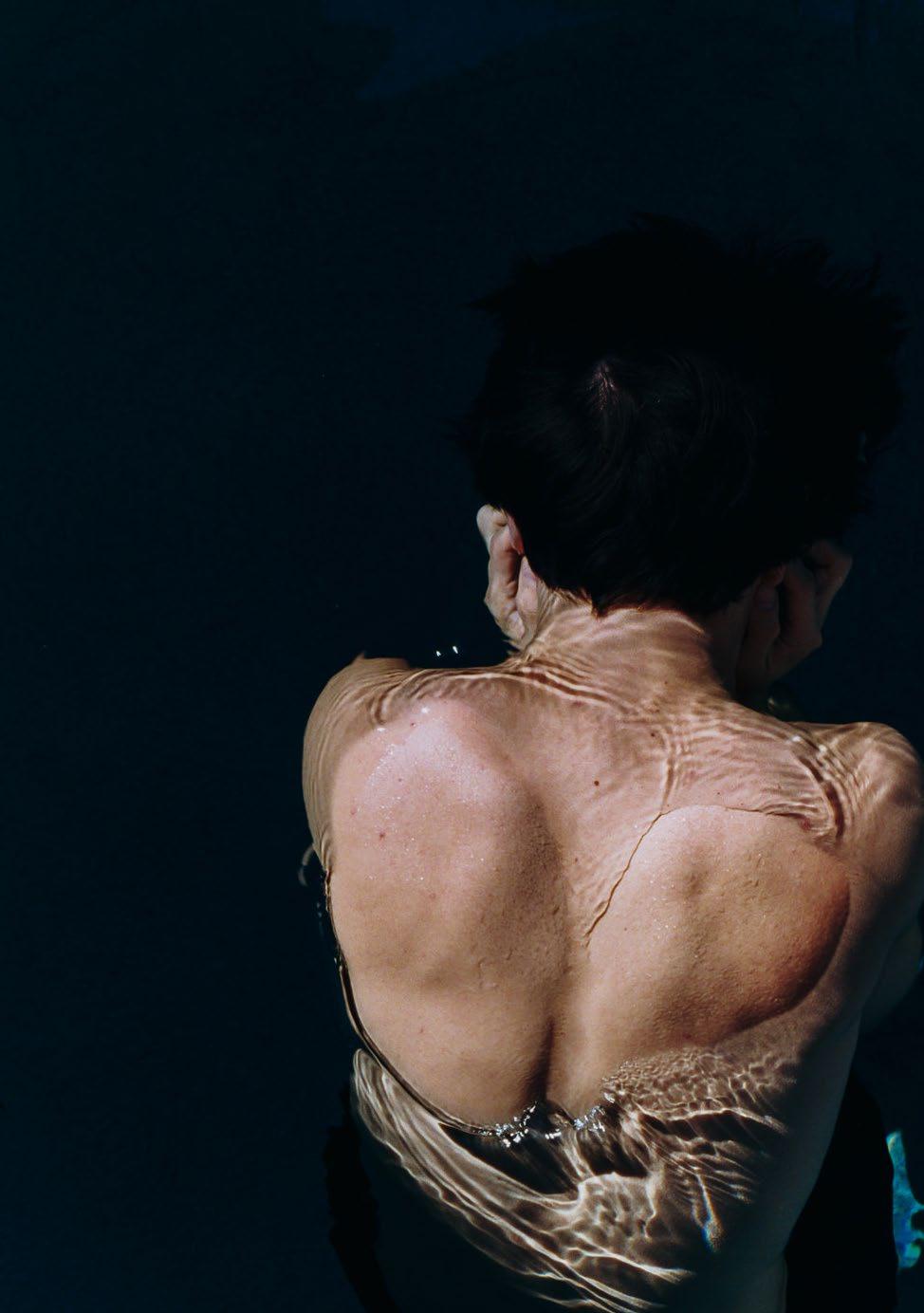 RIPPLE BY KELLY HOLDEN
RIPPLE BY KELLY HOLDEN
As Though I Were Floating
WRITTEN BY RILEY BAXTERI pray towards a setting sun that dips beneath reality’s thin veneer. Sometimes it rises so quick it pulls my tail tauntingly and I can’t help but smile. Cute, the bastard caught me. I pick my head up off a cloud and screw it on so tight I think it’ll never fly off again. Until of course the sun does set, and I lay it down to wander.
We were all lost now and then. We’ve just gotten better at grasping in the dark. Sleeping through the future with a hand clenched around some spark. And the incense burns and the candle melts and the air turns into daydream like ripples. We’d sit on lily pads and watch sweet thoughts drift by. We’d laugh like idiots and tried to wear a straight face when we remembered we can’t see each other’s daydreams and it was no use trying too hard.
We walked out in the rain, standing there beside the highway, in nothing but our boxers. We were drinking beers and listening to distant thunder. Cheers to black clouds. Bottle caps. Lightning rods. Every so often a truck would honk, and we’d laugh like they were the mad ones. We were so high and, back then, still mighty. You started to ask if I remembered something but then your voice just drizzled out with the rain. You finished your beer and went inside.
Then I didn’t see you for a year or so. Mum called the other day. She said that it’s still raining.
I remember how every sentence started with the word imagine. Imagine if you gave a girl roses and she just started eating them. Imagine. That old couch was a one hell of a spot to imagine. That’s when I was talking to myself a lot. Imagine was mostly all I did.
There was always this sense of curiosity that we couldn’t seem to outgrow. We tried to poison it, but it just kept fighting back. Weedlike but necessary. You’d ground it up and smoke it and then it’d be inside you and you’d start going ‘holy shit’. ‘Imagine.’ But that wasn’t really you or me. There was about a thousand different personas in between. And they had that ridiculous voice. Like one long monotone drone that kept me halfway crazy and halfway sane between the weekends. Weekends full of delirium and rain.
My old man called the other day. He asked, ‘did you watch the game?’ I said, ‘shit yeah pa.’ He said, ‘rough wasn’t it.’ I said, ‘shit yeah.’ He said, ‘the bastards flogged us. I don’t think the Tigers will be making the eight.’ I didn’t say anything. Then he said, ‘did you see the violence on the TV?’ And I said, ‘yeah pa yeah.’ And then he said, ‘what did you think?’ I said, ‘yeah of course.’ There was a pause. And he said, ‘well are you worried about it?’ I said, ‘not particularly’ and he said, ‘well why not?’ And then I said, ‘well pa, I suppose I pray towards a big old setting sun.’
KATTER RILEY BAXTER
Never bow down to responsibility
Drink your milk and rum
Eat boiled eggs before you sing Buy pretty faces pretty things Grace,
Naked sincerity feels no shame
Sip up son, stay safe
Pray not, for words mean nothing now But mercy is here in loving arms Plant nude flags Not for surrender,
But for peace And my drunk uncle Bob Is telling me the sky is my oyster Thanks Bob May a thousand blossoms bloom.
MIGRAINE
JANDI FLYNN
A clouded mind and heavy heart and awkward art and mouldy spine a twisted arm, an empty embrace, a facetious face full of capricious charm an erratic ego, a sullen spirit, a dying dream in a migraine mirage, a bullish barrage of trivial tripe ripe for religious devotion and your elegant eyes, are uncharted ocean, matching tear for tear with mine the raindrops dripping from a clouded mind.
MY MUSE HAD A STROKE JAK KIRWIN
At the precipice of pleasure Where no longer plagued by doubt
The livid voice inside you Becomes a leery lout And in that blinding white Even war is muted
By the holy force of Love Intoxicated by the light Dead, spread eagle
With wings scorched by the blight Sleeps my good snow dove Still, eager to take flight
She conquers, fears not, Evil, With softness, tramples might
DARLING, I JORDAN
Darling, I hope you enter your twenties, roaringand more in love: with yourself; with the world; with someone; than ever. don’t just enter them, burst the fuck through: unapologetically Y o u.
Cheetos Cheeseballs
WRITTEN BY LAUREN MARSHALLHe was talking just like a guy from Tinder. That sounds disgusting, but I mean it like this; it was the first time I had spoken to a guy who seemed completely genuine despite his stupidity. There wasn’t much more on offer at the party anyway. This halfwit crowd talking about all the drugs they had taken and the places they’d been. I have no problem with taking drugs or going places, but these guys seemed to speak about it as if they did drugs and went places just to be able to say that these were the things they did. Meanwhile he just sat there drinking, almost as if he were alone.
‘So, you’re a vegan, huh? Do you swat mosquitoes?’ He asked, very Casanova. ‘Of course not, they only take my blood to feed their babies,’ I replied. ‘Yeah that’s fair enough.’ He went to the fridge to grab another beer.
One of the other lot sat down where he was sitting. This guy was the worst of them all. He had this huge smile on his face that literally stretched from cheek to cheek, like some kind of bandana he had won for coming second in a shit-eating contest. And boy did he reek of it. He knew nangs, and MDMA, and weed and acid. You know, the type you’d like to take home to mother?
‘Yeah well, the first time I took it, it was a very low dose – almost like really good weed you know? But I’m telling you the second time, it was scary. Me and all my friends were sitting around this big bonfire and you could swear that it was like some kind of portal to hell. And I just kept on thinking like, like shit – this could be some kind of portal to hell!’
Granted, he was a good storyteller. I could feel myself being drawn into this portal of hell as he spoke. The other guy came back and asked if he could have his chair back. He sat back down and made a deep sigh.
‘I reckon god made me to feed hismosquitoes sometimes.’
You’re religious then?’ I asked.
‘Is string long?’ He went to the fridge to grab another beer.
He went outside – the party was on the rooftop section of one of those student accomodation places. Places where dreams turn sour like milk and curdle and die and soar up like miasma to rest in space. Dead dreams are what makes the Milky Way so pretty. He must have been dying somewhere, somehow. Shithead was still alive.
‘So, you’re a vegan huh? That must be hard. No cheese? You don’t even eat cheese?’
‘No, no. Somehow I manage to live without.’ ‘Yeah I can imagine. So, do you smoke?’
What do I look like? A cop? I went outside to ask Casanova if he had a lighter. He didn’t. We were staring down at the city street which was also dead. Sometimes we’d see a single car waiting at the red lights all lonely. Then it would start with an obnoxiously loud backfire and Casanova would sigh, and it didn’t really seem for show.
‘These are so good when you’re stoned!’ Came the life of the party a’hollering. He held out to us a bag of Cheetos Cheeseballs – the big bag type, party sized or so they say. Casanova took a handful and thanked him. They weren’t vegan but I didn’t make any sort of fuss about it – do not give these type that which they seek – I just said I was fine and thanked him. He left and I thanked him again. ‘Are you doing okay? You don’t seem so happy here.’
‘To tell you the truth, I don’t like parties. Too much happy talk. Happy talk is fine, but only in kids’ books and advertising. Seems so out of place everywhere else people put it.’ He dropped his little handful of Cheetos Cheeseballs over the edge of the building. We leaned over and watched as they fell, very, very, very slowly.
‘Did you study physics in school?’ He asked. ‘No, why’s that?’
‘Me neither, I was just wondering what’s lighter than air.’
Shithead and a few of his rag tag gang came out and started spitting over the edge. The spit seemed to catch the wind better the Cheetos Cheeseballs and some of them soared on like little wet sparrows. A few hollowed out and span like tyres do when they fly off cars. Then, for whatever reason, Shithead tried to mount the waist high concrete barrier and, Cheetos Cheeseballs bag still in hand, fell over the edge. It was the slowest, quickest thing I’d ever seen. His friends were all white and quiet and scared. They were frozen and didn’t see it. But Casanova and I did. We leaned over and watched him race his Cheetos Cheeseballs to the Portal of Hell. It was the slowest, quickest thing I’d ever seen.
Casanova sighed. ‘I don’t think anything is lighter than air.’
He went to the fridge to grab another beer.
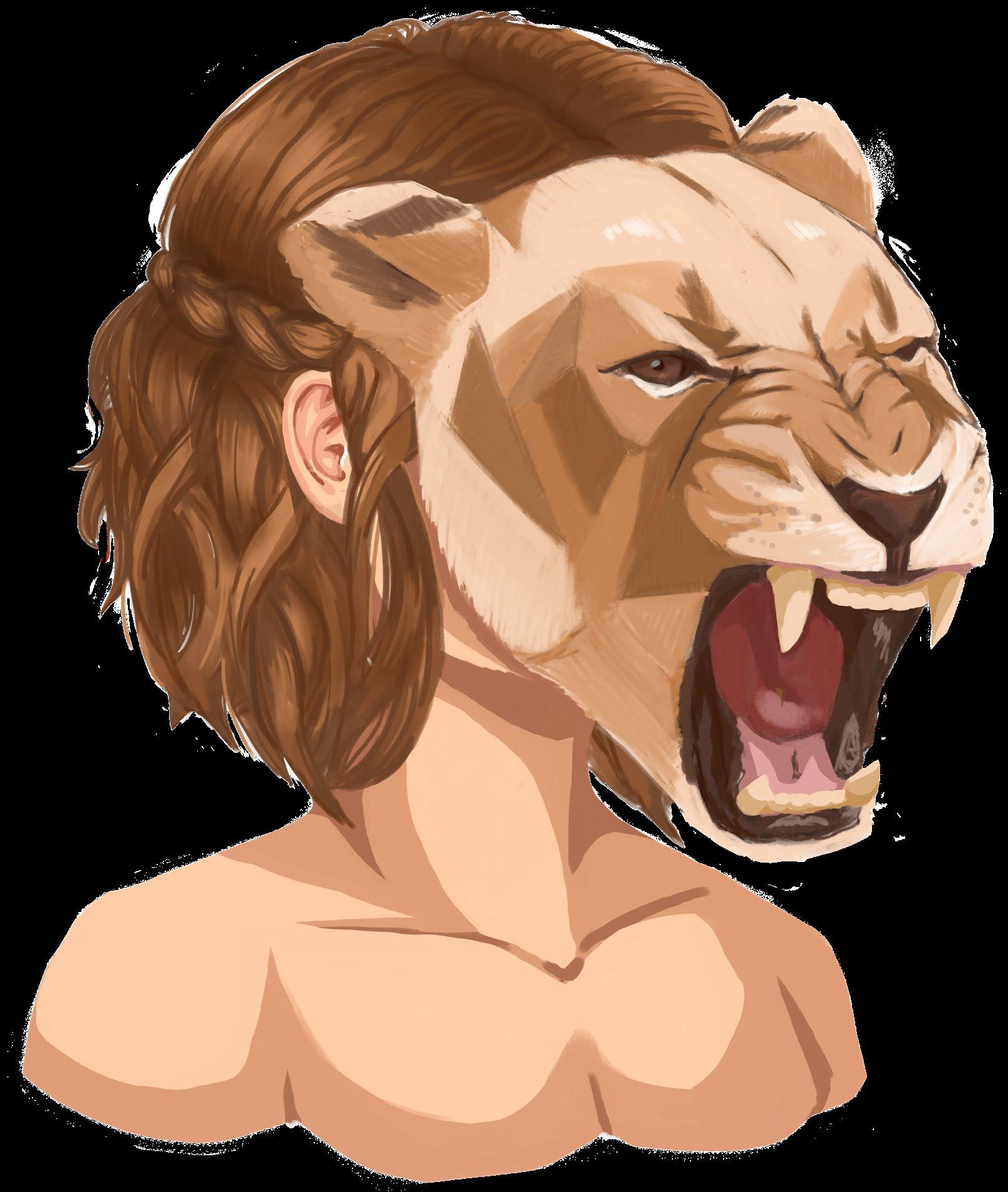
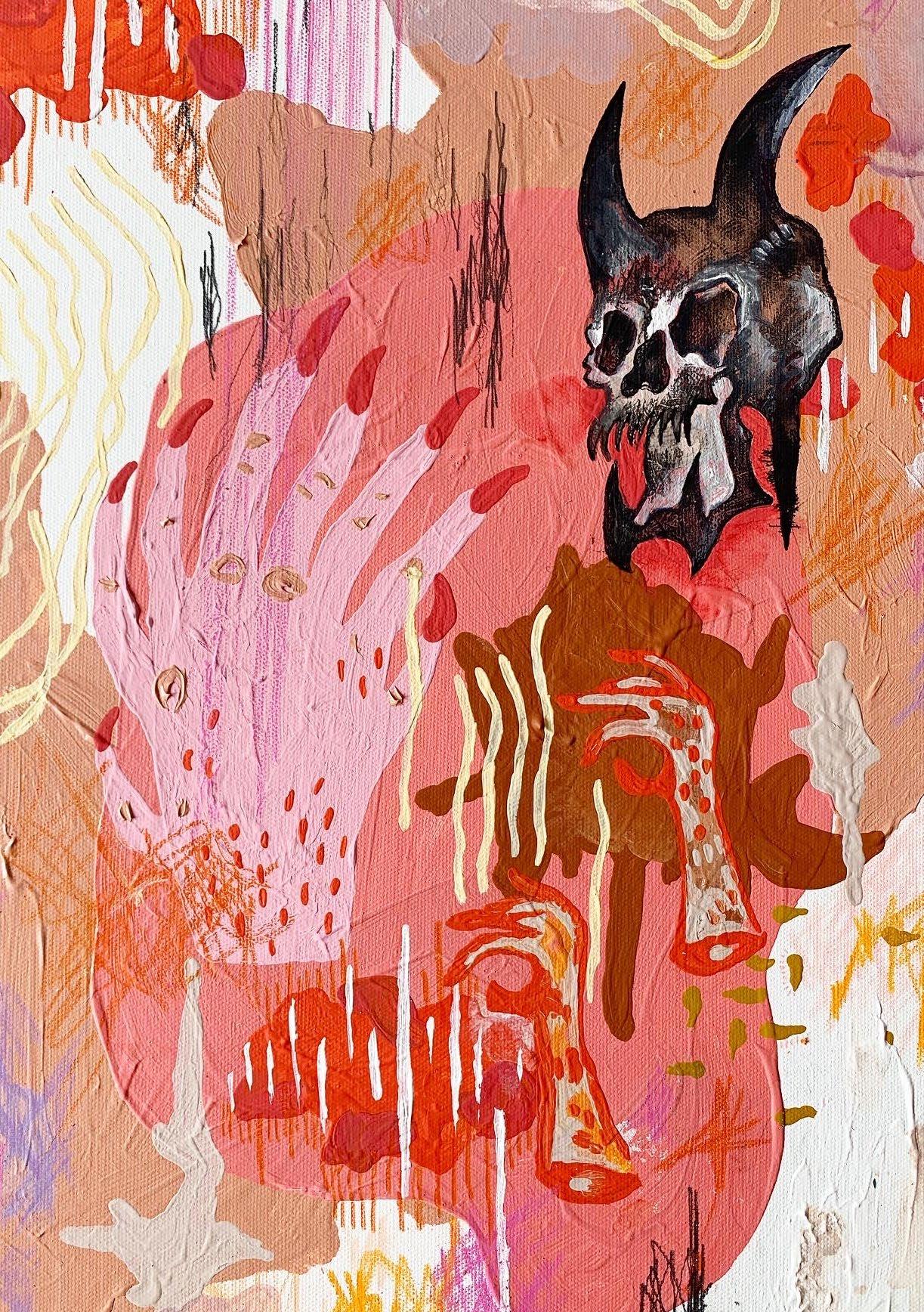
New Ways to Think About Charitable
WRITTEN BY JASMIN GRAVESFollowing a series of unfortunate events, Australians have responded to disasters with surprising creativity.
During the recent bushfires, the ‘Australian Institute of Architects’ created a register of more than 450 firms offering their skills pro bono to help people with damaged or destroyed homes and the Gippsland Art Gallery held a fundraising auction for the Gippsland Emergency Relief Fund
During the Coronavirus pandemic, Codecademy has been providing free Codecademy Pro to workers impacted by COVID-19 looking to develop their coding skills. Volunteer shoppers have offered to buy groceries for the immunocompromised or elderly people who can’t leave their homes. Individuals and firms continue to innovate with how they’re giving back to the community by promoting social ‘good’.
Government decision makers need to recognise the diverse ways society benefits from individual actions. When decision makers recognise and value social capital these values are reflected in policies, providing a more appropriate response to modern issues. Public policy makers will respond to increased interest in social capital theory. There are currently many examples and
resources to support this. These resources include the white paper by the Productivity Commission and the demonstration of social capital theory in action in the city of Hull, England.
During the financial year ended June 30, 2018, the Australian Tax Office (ATO) reported a total of $2.8 billion in tax deductible donations. 2 Giving Australia, conducted a survey with a wider definition than that used by the ATO and estimated a total of $11.2 billion. 3 This suggests a narrow definition for charitable giving is being used by the ATO. This could be for a number of reasons. Firstly, the criteria for ‘tax deductible gifts’ requires the recipient to be a deductible gift recipient. For example, if you wanted to give five dollars to the homeless person on Wickham Street you could either donate to ‘Dig In’, the soup kitchen and registered charity in Fortitude Valley and claim it as a tax deduction, or walk up to them and hand them a fiver and not even consider the tax implications. Secondly, non-economic activities intended to increase social good like volunteering or the abstinence of smoking cannot be measured in a consistent way. Through no fault of the ATO, there are implicit and explicit barriers to recording and reporting one’s own philanthropy.
This does not mean we should stop doing good things or that non-quantifiable acts are futile. There are ways to conceptualise non-economic forms of social good.
This does not mean we should stop doing good things or that non-quantifiable acts are futile. There are ways to conceptualise non-economic forms of social good. We need to learn about them and rally our government representatives to consider them when making policy decisions.
‘Classic philanthropy’ as discussed above is limited in the amount of good it can create because money cannot solve all problems. Economic capital is currently the main form of capital recognised by Australia’s decision makers. This hegemony has drawn criticisms from The Canadian Philanthropy Partnership Research Network (Phi-Lab), who published the article ‘Money won’t save the planet, so philanthropy needs to adapt’.4 Phi-Lab discussed how too many donations of goods and economic capital can overwhelm organisations responding to a crisis. Alternatives include preventative measures enacted through social change and supported through public policy like the donation of services by volunteering or abstaining from counter-productive activities.
Social pressures to respond to a cause are often framed by request or requirement for donation.
Calls for a one-off monetary donation or donation of physical items provide a quantitative measure of success and yield promising results in the short term. These responses do little to tackle long-term problems like climate change, poverty or the declining health of our population. Economic donations can be a tool used to wipe the conscience of those with the ability to change. Australia’s previous carbon tax policy provided an ‘easy out’ for firms juggling concerns about pollution being caused by their daily operating activities. 5 Companies who could afford to pay the financial tax were able to buy the right to pollute the earth instead of changing their actions. Economic capital currently frames decisions of governments and firms. However, we are demanding other matters be taken into consideration. Social capital theory provides a lens through which we can understand the values of non-economic giving. It has profound opportunities for implementation in government policy and supports current societal values by filling the gaps between the benefits to society and modern economic theory. SCT recognises the worth of social ‘goods’ and allows them relevance in policy decisions otherwise obstructed by economic metrics. One of the pioneers of SCT, Lyda Judson Hanifan, explains that a social capital ‘good’ is not, ‘property or cold cash, but rather to that in life which tends to make these tangible substances count for most in the daily lives of people, namely, goodwill, fellowship, mutual sympathy and social intercourse among a group of individuals who make up a social unit…’ (Hanifan, 1916).6 For example, when the Australian Government subsidises
Social capital theory provides a lens through which we can understand the values of non-economic giving.
education for those in a ‘Commonwealth Supported Place’, students are offered education for a lower price. The decision to lower costs allows more students access to tertiary education, thus creating a more educated society. The positive implications of a more educated society affect those who are not directly involved in the tertiary education subsidy such as patients of educated doctors or residents living in a district with educated local government representatives. SCT provides a vehicle for decision makers to value the social costs in their analysis equally to economic costs.
Another ‘real world’ application of this theory brings us to the city of Hull in northern England. Hull appeared in the list of ‘Top 10 Worst Places to Live in England’ multiple times before two entrepreneurs launched their own local cryptocurrency, ‘HullCoin’, to recognise deeds done for social good.7 Each individual HullCoin consists of a unique combination of numbers built on blockchain technology. Local vendors who have opted into the system recognise the currency as a discount and offer volunteers cheaper prices for goods and services. Critics have argued that when volunteers get discount goods and services, vendors inevitably lose profit. However, this system allows participants to boost local business by using their HullCoin to discount otherwise expensive goods. The participant receives the product at a lower price and the vendor makes a sale that would not otherwise have occurred. The traditional view mentioned above fails to consider that an alternative form of capital, social capital, brings value to a transaction.
By understanding social capital theory and demanding our elected representatives frame policies around the creation of social good rather than economic good, we reap the rewards of a more effective government. Further, policy creation through the lens of social capital theory presents unconventional yet innovative solutions to systemic problems unable to be solved by throwing money at them.
Visit qutglass.com/the-future-ofphilanthropy for references
What Matters to You When No One Else is Watching?
WRITTEN BY EM READMANLike many people, I have a lot more time on my hands than I used to. As the days get shorter with winter approaching, the time stretches outward, with nowhere to be and no one to please. I’m in a position where my time is all my own, not being pulled into dozens of directions. I only have one person I’m beholden to these days, and that’s myself.
To fill the time, I thought about what I wanted to do. I didn’t want to take a short course or bake or learn a language. Those were things that I had feigned interest in before all of this isolation came into place. I had halfbaked ideations about speaking Swedish or learning how to cook more complex dinners. I would tell my friends about a recipe I was planning on trying and my Duolingo score – but those things didn’t bring me joy. For the first time, I’ve stopped leaning into doing things that I think other people will approve, rather turning my effort to what makes me feel fulfilled.
At the moment, that is my downtime.
I am not dedicating time to bettering myself in the traditional sense. Nothing I have done in downtime can be quantified on a resume or explained as ‘productive work.’ It is mundane joy; waking up in the late morning and going for long walks around my neighbourhood. It is the routine of making my bed and washing my sheets. It is reading the books my partner has recommended since the start of our relationship. I cannot take these things and turn them into a piece about self-development or a career pivot. What I am doing, essentially, is nothing much. This ‘nothing’ has taught me more about myself than I could imagine.
The further away I get from my regular life, the more I wonder how I was sustaining my former lifestyle. I woke up early and didn’t get home until late. I went out for drinks at least three nights a week. I barely left the university campus and I was spending my paycheques like there was no tomorrow. I think about tomorrow a lot more now.
It is mundane joy; waking up in the late morning and going for long walks around my neighbourhood. It is the routine of making my bed and washing my sheets. It is reading the books my partner has recommended since the start of our relationship.
Inevitably, I would have ground to a halt when I found I couldn’t uphold that lifestyle any longer. Somehow, and it feels selfish to say this, a pandemic dropped into my lap right as I needed it. I am experiencing an emotional and social reset I have never experienced before in my life. I completed high school in an incredibly competitive environment, took no gap year and continued to university where self-imposed standards got the better of me for three years. I spent every spare minute going to networking events and taking internships while trying to uphold a very active social life. It was a constant, heavy pressure to succeed and succeed and succeed. Now, in my fourth year, I take my classes with an aim to learn, without calculating a GPA predictor every week. I am not heading to the bar after every assessment piece. While I understand that my classes are important, and university life is important, those things are not the quintessential factor of my personal fulfilment. What matters to me is that I take time to eat every meal each day, instead of skipping lunch to take a lecture. I like getting to call my family every day. I like feeling that my space makes me happy and that I can watch TV with my partner at night. I like not feeling that looming pressure in between my shoulder blades. When I wake up in the morning, brush my teeth, go about my day and brush my teeth at night, I like feeling satisfied with that.
When no one is watching, I feel calm. I am living a life that doesn’t ask me to keep up with every single thing and every waking moment; it feels freeing.
Learning to come to terms with a life that is slower than you anticipated is difficult. At times, you feel as though everything you have worked for is crumbling away. I feel anxious when I see a seminar is happening on Zoom and I don’t attend. I look at the extra papers in the reading list and feel guilty that I haven’t done the extended reading for a subject. In those moments, I remind myself that I am twenty. I have decades of life left and taking six months during a pandemic to recover and find comfort in stillness is not going to destroy anything I have going for me. I am trading that seminar time for a calm hour, and I am trading non-essential readings for a moment of peace.
I am comfortable with this life I am living. It doesn’t have mojitos, or career night, but it still has moments of joy and fulfilment. I am learning that if something costs me my peace, it is too expensive. I hope you are valuing your peace too.
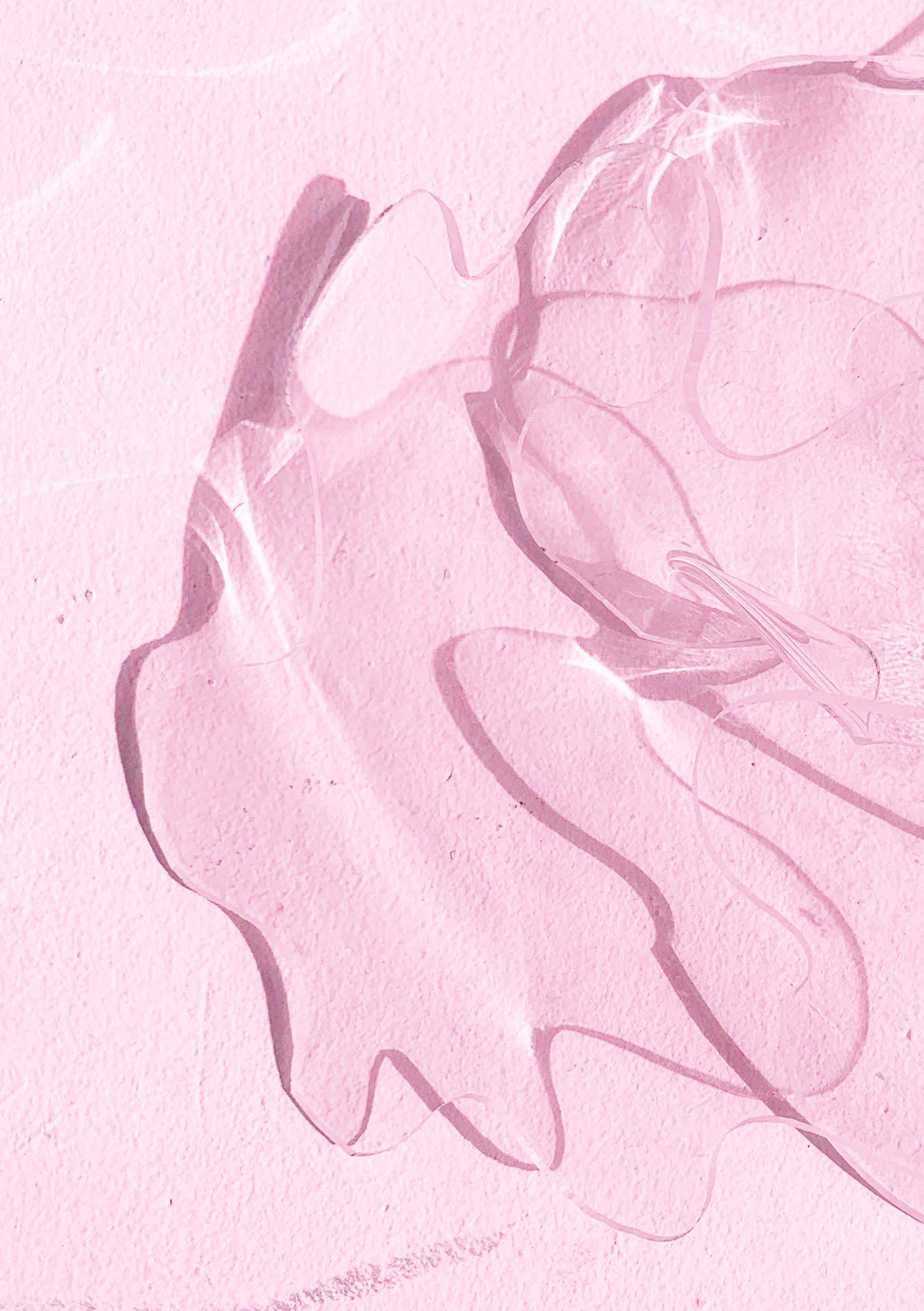
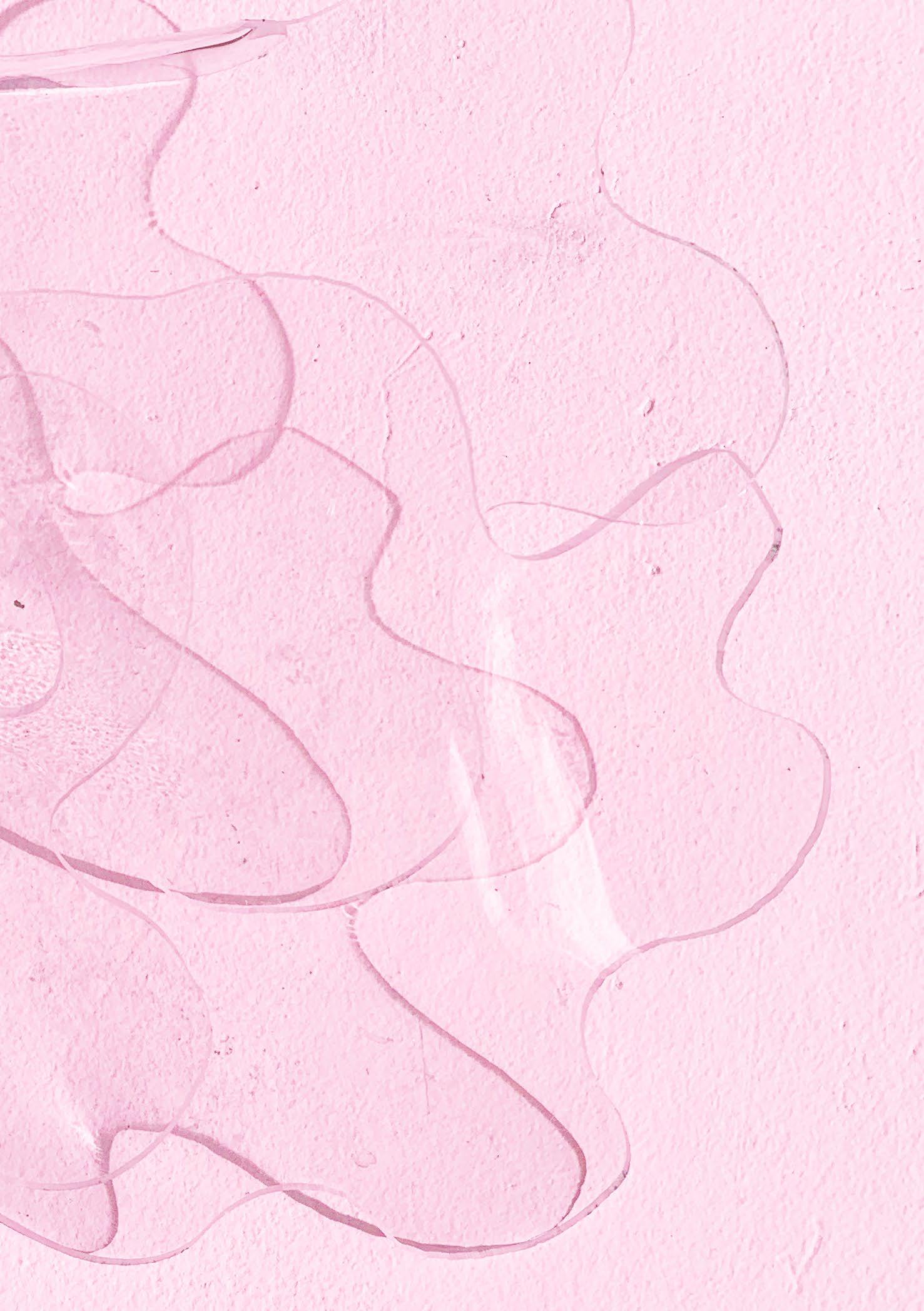
Three Above Mikami
WRITTEN BY LILI MIKAMIThree Above Mikami is an installation consisting of a single channel projection and ceramics/ concrete. The installation features stamping of a limb gradually increasing in area on the skin; the 3D ceramic pieces are scattered at the base scaling and sitting on the wall in and around the projection. The Kanji throughout the work is the artists ‘Lili’s’ surname ‘Mikami’; in Japan, surnames are also known to serve a purpose as a signature in written and stamp form. The act of gradual stamping seeks to lead the viewers on a 2-3-minute journey of accepting heritage and identity proudly. Beginning with no visible markings and identifiable traits on her forearm of a specific race, heritage and or Identity this is a representation of the shame and hiding of her Japanese heritage. As the kanji, ‘ ’ (Mikami) begins to take over the skin Lili becomes intertwined with the Kanji markings. As she twists and turns to exhibit proudly the change to her façade the stamps display the acceptance of herself as both Asian and Caucasian, not one or the other.
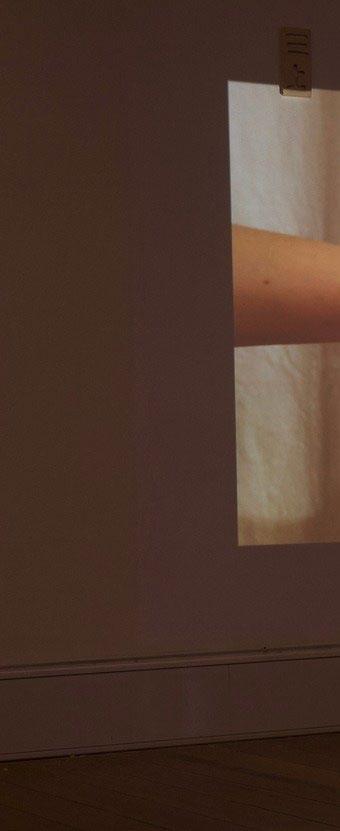
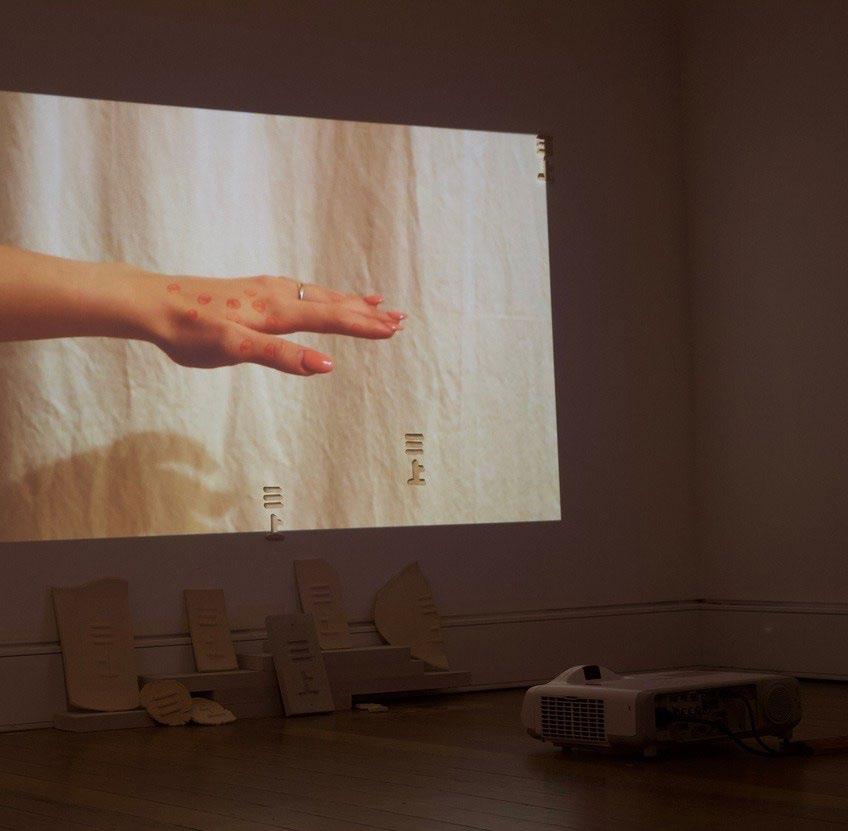
DO NOT CRY DELILA BEVAN ZAVADSKY
Take a leash. Tie up your tears. They fall, you drown. That’s it my love, paint smiles on faces. Red lines point upwards in places. Too symmetrical? They tell not, you rot from inside out. Why despair for there are magic pills to munch to turn skin waxy red. Hush. Do not cry I told you so. You will drown and create deep seas for people to navigate
SHIVER JAK KIRWIN
Claw mark scars on your back Like fingernails on a chalkboard She runs up your spine like an orgasm Where she wells up in your eyes.
The hottest day of the year Became a Siberian river Once the girl that you loved Learnt how to make you shiver.
GRAFTON
BENJI GORTON
She strides into the setting sun Shedding quicksilver tears swinging Pearls that seem soft as bubble gum, While I drive through decaying border towns Bronze as lost time with Chivas enough to burn out each brain cell cruel enough to recall her name
SOBER BENJI GORTON
A growing sense of contempt For every opportunity missed A toast to the bombs they’ll drop When they finally give peace a chance
A hazy sense of what will be lost When my life rolls out with the tide A seafoam kiss on the cheek And a fond farewell, then, goodbye
Pulling the rug from beneath Landing hard flat on my back Tangled in these chords where I stay I beg the puppeteer cut me some slack Sobriety seems overrated now That I can think clearly again So, what’s the point writing a poem If I can’t drink the ink from my pen?
The inhibitions are all back in their place My fears, they have all come true If there is a heaven above I think that she’ll be blue
Watching Foreign Films Without Subtitles
WRITTEN BY NOLA HOANGOglądanie zagranicznych filmów bez napisów
I found Pawel Pawlikowski’s Cold War while scrolling through Netflix looking to waste my time. Post-war setting, award-winning director, mismatched lovers— enough reasons to set out one hour and a half for the film. The first one-minute introduction, that I find acceptable to spoil to you – is fully presented in English. The next minute, the film started. I was hooked. I was thrilled. Someone started singing, and the subtitle were in German. At first, I moved the cursor to the language options: Polish or German audio and/or German subtitles. Now, this is the first Polish film I have ever watched, and my German is only fluent enough to order a coffee. But I knew, with the experience I had watching films and the reviews I have skimmed through, that I was watching the right one. That it was more than just a good film. And I prayed for five uneasy minutes, that there wouldn’t be too many conversations. And there weren’t in five minutes. So, I settled and kept watching, despite furrowing my eyebrows every time there was a conversation. I half guessed what the characters were saying, half read their expressions. Passed the first half of the film, I just assumed I could understand Polish.
Conversations are harder to translate than the like of novels and essays. There is, I believe, subtle meaning beyond what is said and what is heard in Cold War. Whether I had the white lines running at the bottom of the screen or not, it is certain I would not be able to understand the whole story. But not all great films are in English, and they are not always translated to English, dubbed and subbed to serve the wider audience. I tried to understand as much as I could but eventually, I learnt that what makes a film great, I believe, is not only the conversations. Cold War was beautifully crafted with so much passion and panache that I couldn’t stop watching. If the film was made restrictedly silent, Pawlikowski could still make it great. The performance could still be as real. The emotions could still be as clear. The filming could still be as artful. Everything could be as great, even when the foreign language scares you.
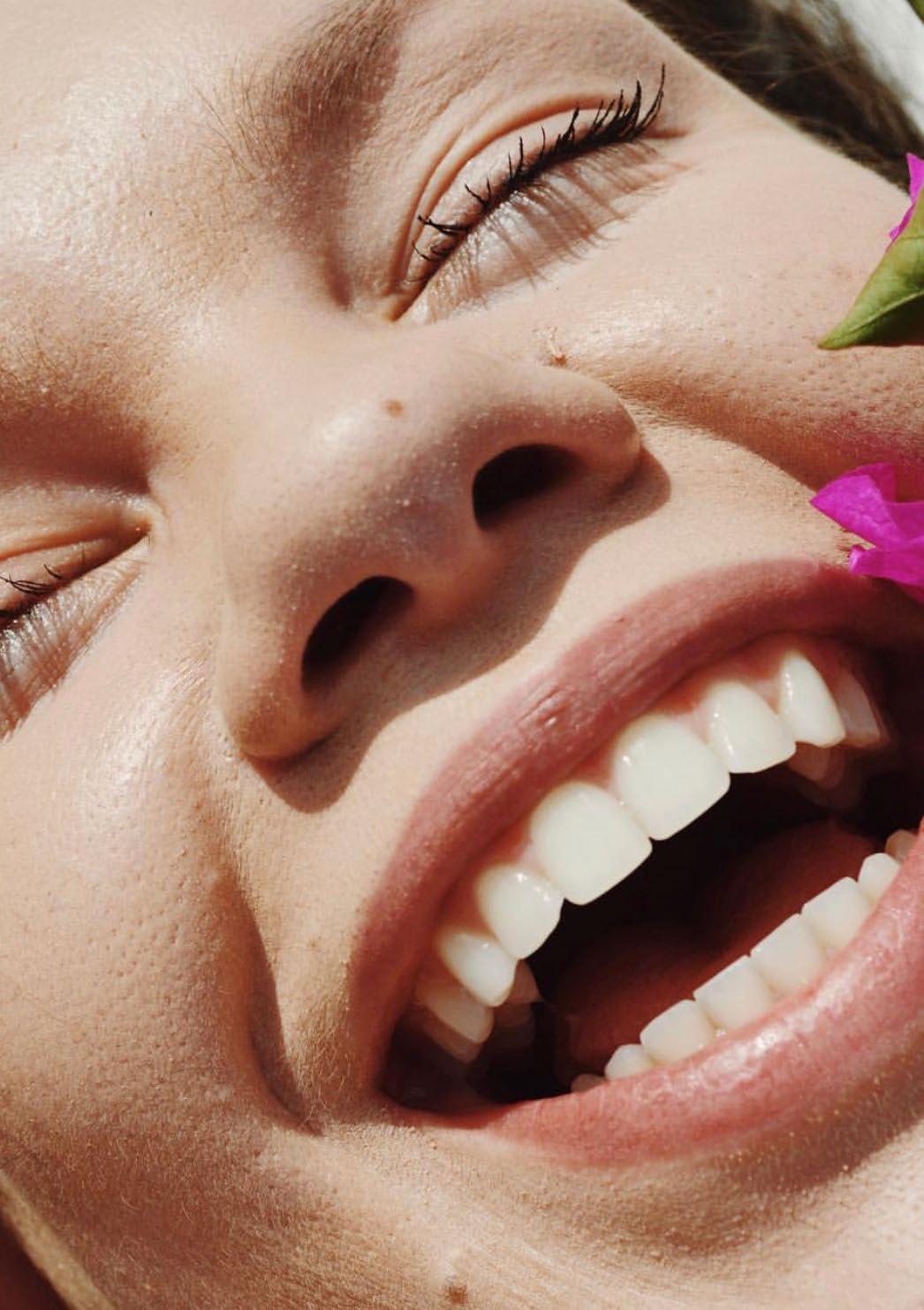 SMILE BY CHELSEA SHOTTON
SMILE BY CHELSEA SHOTTON
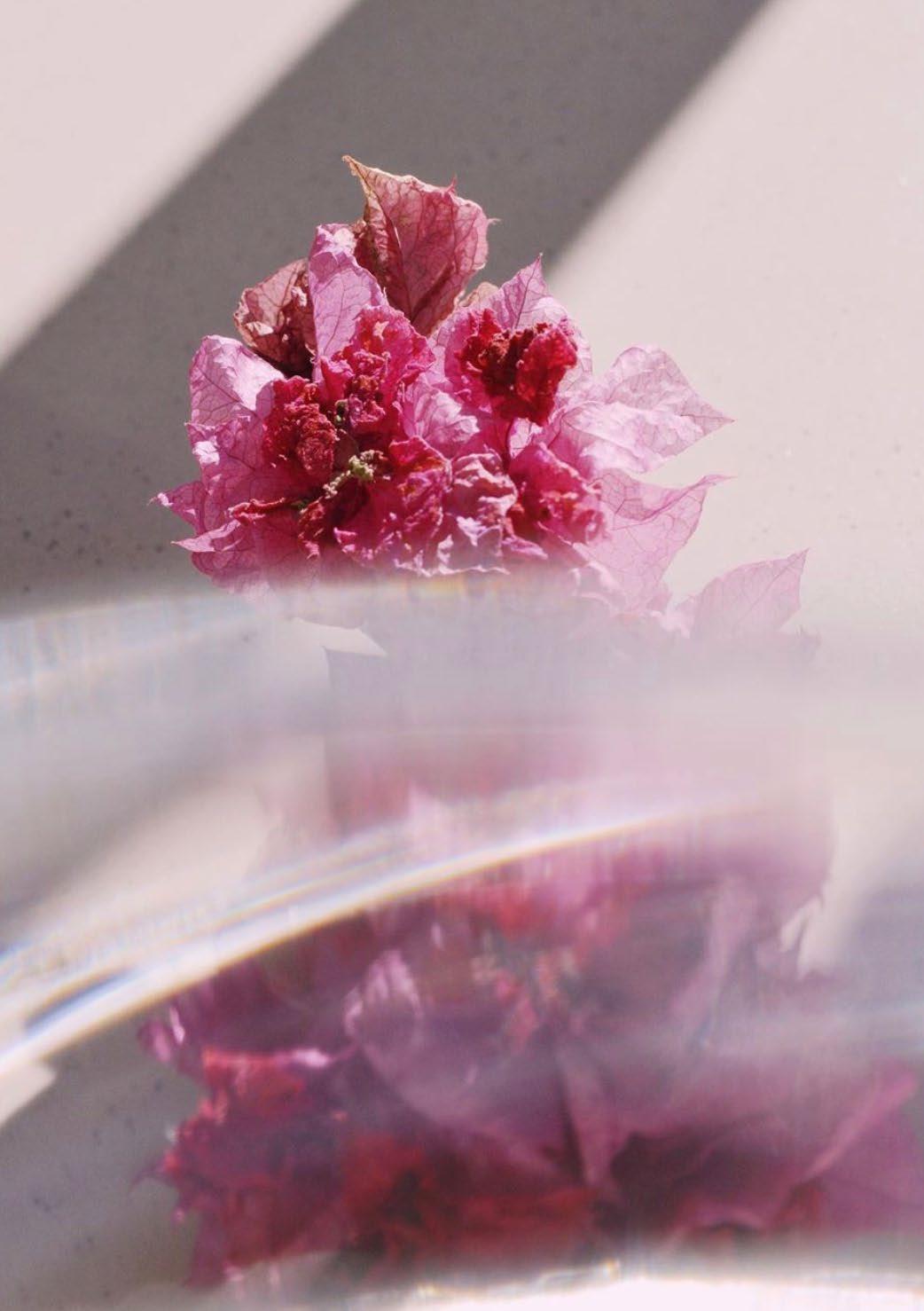 FLOWER BY CHELSEA SHOTTON
FLOWER BY CHELSEA SHOTTON
From Behind Closed Doors
WRITTEN BY SOPHIE BARLOWI always viewed my family as normal. We lived on acreage about 45 minutes away from the Gold Coast, on the other side of the Hinterland. The mortgage, utility bills, and the family, were supported by my father working as a machinist. Mum stayed home; a cheaper alternative to child-care.
We played games in the backyard, watched movies, had weekend barbeques with family and friends. I participated in extracurriculars. Nothing indicated that our family life was anything but ordinary.
It was late winter in 2014, the August air brisk and crisp, when Mum rang to inform me that she was taking herself and my siblings into a women’s shelter. My parents’ relationship had been turbulent over the past few months, but nothing had eventuated. Until part of me thought Mum was over-reacting. Women’s shelters were for those fleeing violent households – we weren’t one of those. When Dad came home, I was the first person he rang. Initially I tried to feign ignorance, saying I didn’t know where they were. This
was partly true. I knew they were in the shelter, obviously, but I didn’t know a street name or a suburb. I couldn’t know, because I was still in contact with Dad. I couldn’t know, because of this exact situation.
Dad realised I was lying to him and he was apoplectic. How could I have done this to him? It reminded me of how angry he’d get if I locked the bathroom door.
‘Don’t lock the door,’ he’d say. ‘If anything happened to you, if you slipped and fell, we wouldn’t be able to help you.’ If he heard the lock click, he’d be beating his fist against the door within seconds.
He’d yell from the other side. ‘Don’t. Lock. The. Door.’
I learned that if I held the lock down as I turned the handle, it stopped the click giving me away. But while showering, I’d hear the handle rattle - he was testing to see if I’d locked it. I’d spend the rest of my shower mentally preparing myself for the verbal hiding I’d receive once I left the bathroom. As stupid and meagre as his reasoning was (the
locks have a safety mechanism – a screwdriver can unlock them), I’d disobeyed him, so I earned his wrath. But I never counted this as abuse. Controlling, yes, but simply an example of parental discipline.
I became the negotiator while Mum was in the shelter. A go-between, passing demands from one party to the other. When I asked Dad if Mum would be able to collect some of her belongings, he instantly refused.
‘Not until I see my kids,’ he stipulated; I told my mother.
‘Absolutely not.’ Neither of them were willing to budge, but I talked my mother around, attempting to allay any worries by stating that I’ll be there.
‘He’s not going to do anything Mum.’ I’d taken as many precautions: organised a public place, made sure there was enough of a buffer period between Mum leaving and Dad arriving so their paths wouldn’t cross.
The first few months after someone leaves an abusive relationship, whether it be physical, emotional, or mental abuse, are the most
dangerous. This is when their partners might violently retaliate, and we were in that hot zone.
Mum started crying as she said goodbye to us in front of the South Bank pool, scared that it might be the last time. She was remembering Luke Batty, remembering Darcey Freeman. Being in public didn’t stop those men from murdering their children in broad daylight. They brought their violent and domineering tendencies, their anger at losing control over their families out from behind closed doors and into the public consciousness. Would Dad be the same? Had I done enough to protect my brothers and sister? Would I have the instinct to step in if things went south?
My mother’s fears weren’t realised; But they were valid. Unfortunately, I didn’t realise until earlier this year. Until Hannah Baxter, I didn’t realise that it could have been us.
I don’t feel uncomfortable referring to myself as a ‘survivor’ – it implies I made a conscious effort to fight back in an unusual situation. But volatile screaming matches were the norm.
During one fight, Dad threw a VHS cassette across the room, smashing it into pieces against the wall. I cried watching the tape flutter down to the carpet, bundling on top of the plastic fragments. Not because I was scared, but simply because it was my favourite movie.
Six years later, I’m still dealing with the fallout. Relationships are a struggle. I’m concerned that I’ll continue the pattern, falling for someone abusive. I’m also worried that I’ve taken on behaviours I’ve learnt that I’ll be the toxic one. Sometimes I think I’m being hyperbolic with my memories, a gaslighting of the self.
Recently, I began seeing a psychologist, to help me understand and better control my emotions. I recounted the situation between my parents to her, qualifying that ‘he never hit us’. The doctor stopped me before I could continue, saying: ‘He didn’t have to.’
Throughout the hour in her office, I didn’t cry once. But I walked out the clinic doors and immediately broke down. I felt validated, for the first time. What my family and I had gone through wasn’t insignificant. Even if I don’t get back to a sense of normality, I can at least begin to heal.
SOUL OCCUPANT TRISTAN NIEMI
I have never lived alone. But I live alone now. It is strange.
Silences linger longer. I talk to myself more now. It helps but also hinders.
I have been alone. Roommates go on trips then and now. That was less strange.
Silence was different then. My voice was the only one, for now. Another would greet me soon.
I am in my home alone. Just me and my mind now. My new and unfathomable roommate.
Silence invites whispers. We must end the quiet now. Waves swaying fro and to.
I hear the clock when alone. It and the waves are the same now. A fourth friend might move in soon. Would that be strange?
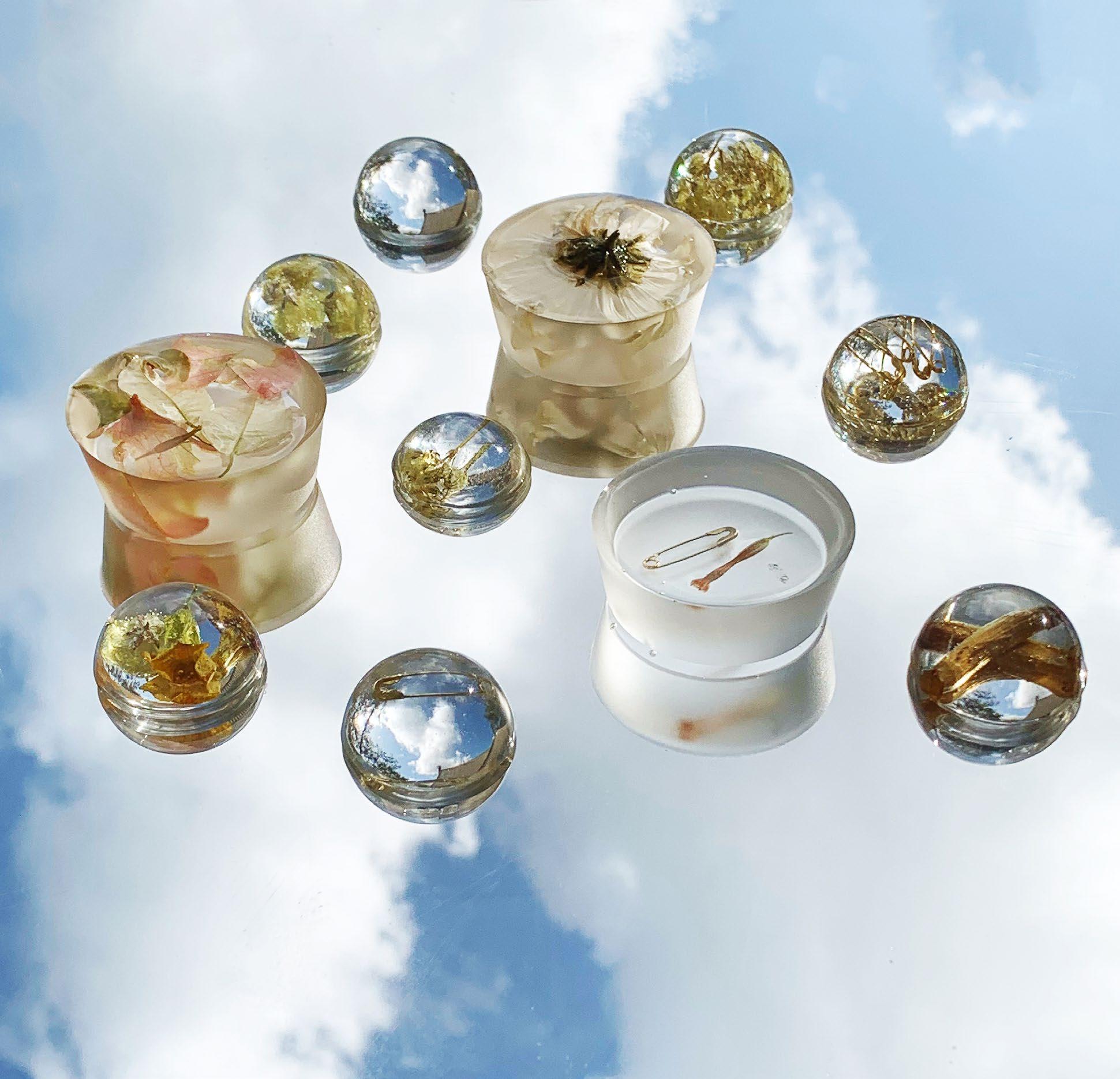
The Humble Wood Mouse
WRITTEN BY A.R. RILEYThe ash wood forest by the bank of the highway was an odd place to hold a standoff. A dozen cars filled with stormy people and angry weapons. The setting sun kissed the top of the cornfield horizon on the other side of the bitumen strip. Threats and demands were made and broken among the broods. Talk was over. Nothing left but violence. It was always going to end bloody. Gunshots break the natural silence of the roadside.
A simple wood mouse is the only witness to the crime. Grey skittish body scampering about the bloody gravel and dismembered hands. Tattooed chests continue to heave in dusty air, collapsing their lungs one breath at a time. A few more disjointed coughs of gore and the calm returns.
Only two bodies remain alive—three, counting the little wood mouse. Clutching to bloody, inked skin, embracing in a passionate bundle of limbs and denim on the front seat of a pickup. The offspring of two feuding families. ‘Wait.’ The woman brushes away the man’s tattooed hands from her waist. Unfurling
from his lap, she scoops up a little, grey body in between her gritty hands. ‘What is it?’ He whispers.
‘A mouse.’ She settles in the aged leather seat beside him, cradling the little creature. Bringing the rodent up to her cheek, she feels its tiny claws scratching her numb hands. Ticklish whiskers and jittery fur. She watches the dove coat fleck with fresh blood from her hands.
‘Let’s go.’ She cannot take her eyes off the mouse. But the smell—the smell she cannot ignore. The fresh decay of bodies. The briny tang of blood against hot gravel. The man hesitates, regarding his love fascinate herself with something small and insignificant as the bodies of her family lay about the ground.
Cranking the pickup to life, he slowly presses a boot to the pedal and the vehicle drifts. He avoids the bodies, pretending they’re not really there. He won’t identify which ones are his and which ones are hers. They are not bodies anymore, just something belonging to the gravel and dirt. The open road is empty.
Dead cornfields flank the bitumen. Warm light flickers between husks and droopy stalks.
Thirty seconds ago, there had been a skirmish. Ten minutes ago, the two families had been in heated discussion over the lovers. One day ago, the man and woman were caught running away together. One month ago, a few solitary glances, wounds and stolen kisses. One year ago, ignorant. One second ago they shed blood on both sides.
The woman places the wood mouse on top of the dashboard amongst food wrappers, cigarette butts and worthless car trinkets. She watches it skitter up and down the fabric, eventually coming to the realisation escape was futile. The man wants to ask her where they’re going. She wants to know too. But neither knows, so neither asks. They dawdle on the highway at sixty miles an hour.
After a thousand neon signs and dried out buildings flash by, she presses to his side. One arm winds around her shoulders, the other resting on the bottom of the wheel. He’ll drive until he needs to sleep. Then they’ll swap. And he’ll stay wide awake. They’ll continue driving until the gas runs out or they reach water. Whichever comes first.
He gazes down at her choppy, dyed blonde hair for a moment. An idyllic life by the sea. It would be peaceful. Yet, he knew neither would survive the quiet. They were raised shutting doors and fighting bloody, then teaching their younger siblings to do the same. Lord knows where they were right now.
It’d been a shock when they first met. A feisty young female and a hot-headed idiot like himself. They’d known immediately who the other was, what they were supposed to
be to each another—enemies. Back then the temptation had outweighed the danger.
‘I need to sleep,’ he says, once the sun is gone and the headlights flash on. Without stopping the car, they swap sides. He rests his head on the back of the seat. She clutches the wheel at ten and two. She hasn’t driven much so she slows right down. She waits until he closes his eyes before her mind begins to think. It’d been stagnant for hours. Now in the sugary glow of the passing towns and cities, it’s awake. She begins to terrify herself.
But his family were dead too. There was no one left to stop them. Why did she still feel a shadow at her back? Why was she so paranoid they were being followed? She’d witnessed the bodies fall. Faces she knew swiftly grew devoid of life.
Maybe someone had managed to survive the blood bath. Maybe they’d missed someone. She remembered yesterday afternoon, in the heat of summer, sweat dripping down her back. Her bag packed with money and her gun. Her cousin Claudia had seen.
‘Where’re you going?’ The other girl’s dark hair was swept off her face, revealing a black eye and split lip. Her boyfriend liked it rough.
Her family was dead. All of them. She was the last member of the clan. She was running away with the one person she couldn’t have.
‘We’re raiding tomorrow. You chicken shit?’
Claudia had egged her on, but she wasn’t stupid enough to take the bait.
‘I’ll be back,’ she’d lied. Claudia wasn’t stupid either and had gone straight to her uncle. She had almost fled across the border with him, when both their families came to crossfire. Claudia had been her favourite cousin and she’d betrayed her. Claudia had been the first on her list. Her body now lay open for the crows on that stretch of gravel.
The woman’s eyes began to drift from the road to the mouse. It was nibbling on a morsel of cheese stuck to a wrapper. Tiny, little paws washing its triangle face with grease. This little mouse has no idea where it’s going. No idea what it has gotten itself into, crawling in with them. How had it survived the fight? How could something so small and fragile survive out here in this world? It stopped washing its face to watch her. Eyes too big for its chestnut head, ears like rose petals.
‘Wake up!’
His cry comes too late. He reaches over and pulls the steering wheel. The car flips. Over and over. Glass shatters. Headlights burn their eyes. They’re thrown from their seats. The car smashes onto the grass, angled on its hood. The passing truck’s horn blares into the night. Everything has stopped moving. The woman rattles out a breath, feeling her chest compressed.
‘Are you okay?’ he says, hand reaching across the broken glass to grab hers. ‘Yeah,’ she tries to move but her leg is trapped beneath the driver’s seat, ‘Shit.’
‘It’s okay, just relax.’ Wriggling out from
under the car, he smells petrol and races around to pull her out. Yanking the seat back, he narrowly misses slicing his shoulder on the jagged window. Her calf is jammed right underneath the damn thing.
‘Okay, here we go.’ Scooping her up in his arms, something wedges in his arm. Glass most likely. Biting his lip, he endures. He walks them up to the edge of the road. It’s empty. Glancing back at the car, the dripping petrol ignites the engine.
‘We’re going to walk until we can find another car,’ he says, beginning the trek along the edge of the highway. She is still cradled in his arms, something wriggling in her free hand.
‘Is that…’
‘I couldn’t leave it.’ She produces the frightened little mouse clutched in her palm. He’d rather chuck the stupid rodent away.
Looking up to the horizon, he sees the mottled headlights of cars and the dotted clouds of cities. He’d confided in his brother when he’d planned to run away.
‘What the fuck do you think you’re doing?’ The bedroom door slammed.
‘I’m leaving, Simon. You can’t change my mind.’
‘I hope to fuck I can. You’re going to get yourself killed.’
‘I don’t care.’ He couldn’t remember what he was shoving into the rucksack, useless junk
‘Why is it your business?’
But her mouth opens to spare a smile. He hasn’t seen her smile for a long time.
mostly. His mind was elsewhere, on her and if she had made it out to the rendezvous point.
‘You really love her, don’t you?’ Said Simon. He’d stopped packing then.
Turning on his heel he regarded his brother’s face bleed with sympathy, something Simon was good at. The rest of his family paid him out for being too soft. That was why Simon was the only one he could trust. He wasn’t bullshitting when he said he’d protect him, and his girl.
‘Just get the fuck outta here,’ said Simon. ‘And don’t tell me where you’re going.’ Sharing one last look, he’d bolted from the room. He heard feet and saw the flash of dyed pink hair escape down the hallway. ‘Fuck.’
He ran. But his jealous sister had been faster. Going straight to their father to snitch on the conversation she’d overheard. Simon had been punished. He hadn’t shown up at the border with the rest of his family. His stomach turned with ideas of what they’d done to him. He did however hope his father’s slow death on the gravel had been enough to avenge Simon.
‘You can put me down now.’ Her voice dragged him from his father’s dead face. She was glancing up at him in the gloom, blood splattered across her tanned skin. The mouse’s head twitching in between her fingers. Settling her down on the bitumen, he realised a groan as the impact of the crash settled in.
‘Let’s go,’ she said. ‘Where?’ He blinked black eyes toward the stretch of road.
‘Until we stop.’ Perching the mouse on her shoulder, she heard it chirp in her ear.
The Sound of Silence
WRITTEN BY ANAHITA EBRAHIMI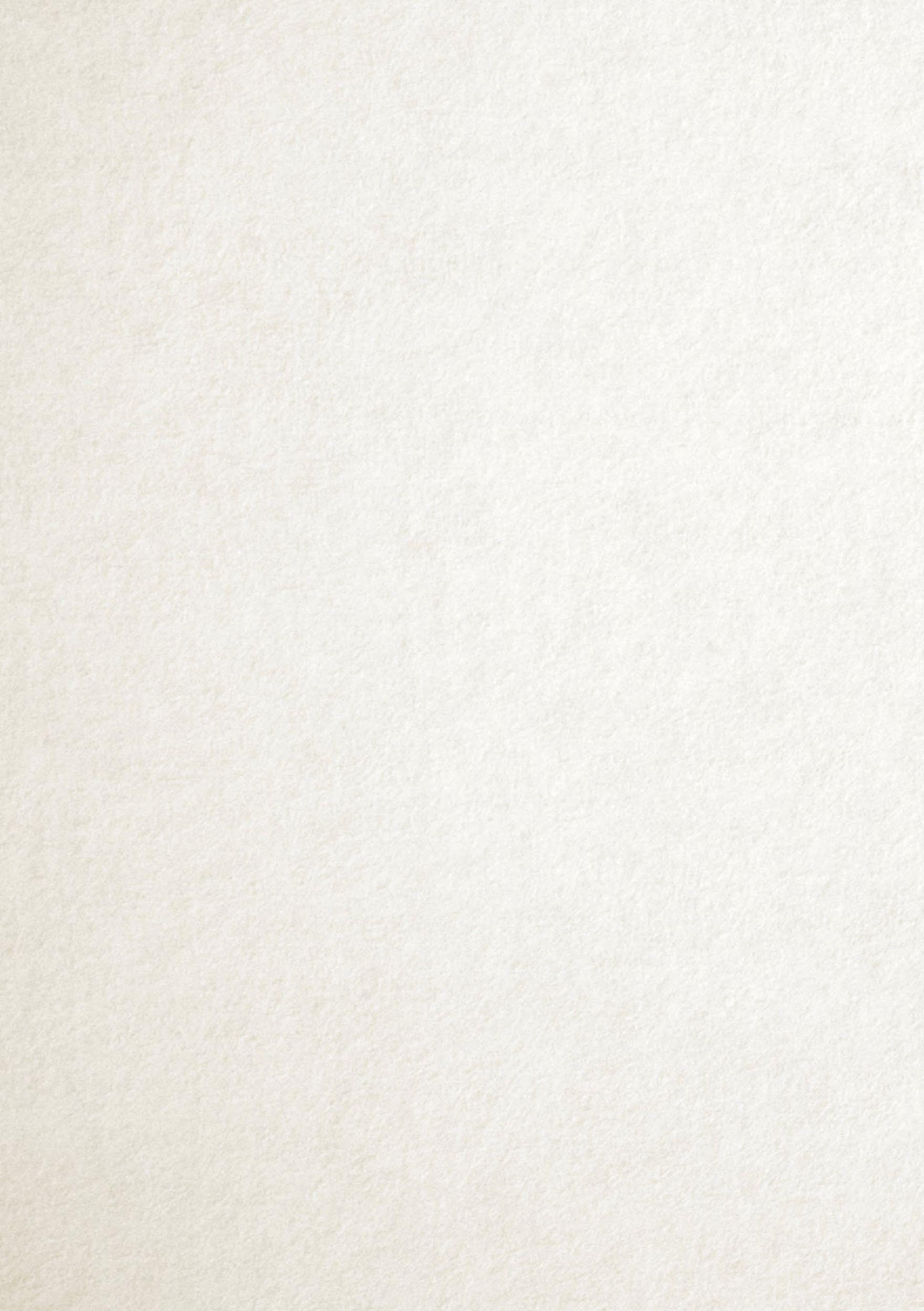
I scrape the remaining granules with my fingers into a mug, then peer into the transparent bottle, as if more coffee would magically appear. The milk in Riley Taylor’s fridge is off and the only ‘snack’ option is Arrowroot Biscuit. What a sad life.
I lay on the couch and let my eyes rest. It smells like old socks, wet dog and McDonalds chicken nuggets, but I don’t care. Just five minutes then I’ll continue. It doesn’t matter, it’s not like we’re clocking hours. I enjoy the silence. Lately I let it consume me; it’s less painful to reflect when you’re technically dead. What’s on today’s agenda? The year 2015. That was a fun time. You need to balance it out – punishing yourself with the bad is fun but it’s important to remember the good.
The door flings open before I have a chance to get comfortable. Privacy is dead-er in the afterlife. I breathe him in. Leather and tobacco. Smoking again. He peers down at me, frowns, and crosses his arms.
Another one bites the dust?’ He lights a cigarette and extends an offer. The packet looks tiny in his big hands. We both know I don’t smoke but the gesture is sweet. ‘You know, occupying the fallen home is not part of the deal. And anyway…’ He lifts my legs, sits down, then drops them on his lap. ‘This place is a dump.’
‘It’s not so bad.’ It’s fucked.
‘So, where’s the body?’ Riley is in the upstairs study, sitting and slouched against the door with the rope still around his neck.
‘Look, I don’t need you to rub it in my face.’ I shoot up, and my body darts to the other side of the room. Speed and tenacity came with the new job. Physically, Ministers are a freak of nature. ‘I told you, I don’t like being thrown in the deep end. I need guidance.’
‘One mission wasn’t enough to learn the ropes?’ ‘I wasn’t entirely switched on. This is a lot to take in. ‘Oh, that’s right. Pissed off about your second chance.’
Most people are delighted when they hear of a second chance, but I was angry. I truly thought my determination would cement my death. My intention was complete obliteration. I didn’t want to exist anywhere. I didn’t believe in a Heaven or a Hell. I wanted to decompose under the sun, serve my purpose to the Earth as a fertility tool. They didn’t find my body for eighteen days. I had no real friends. I wasn’t speaking to my parents. There was nobody to raise an alarm bell. I lived in the sort of neighbourhood where we didn’t look at each other. You were an introvert or trying to hide something. Lack of acknowledgement was a sign of respect and I was completely fine with this.
I thought I could finally find peace with myself, alone. There would be no chance to reflect on my shitty life and my shitty actions; no chance to look down at the aftermath. A swift, clean exit. Like I said, complete obliteration.
Unfortunately, it doesn’t work like that. I didn’t have the privilege to cheat my destiny. 2020 was not the year for me to leave, and since I decided to do so, and the Minister assigned to ‘save’ me didn’t get there quite fast enough, I was recruited to pay my dues. To put my life to use.
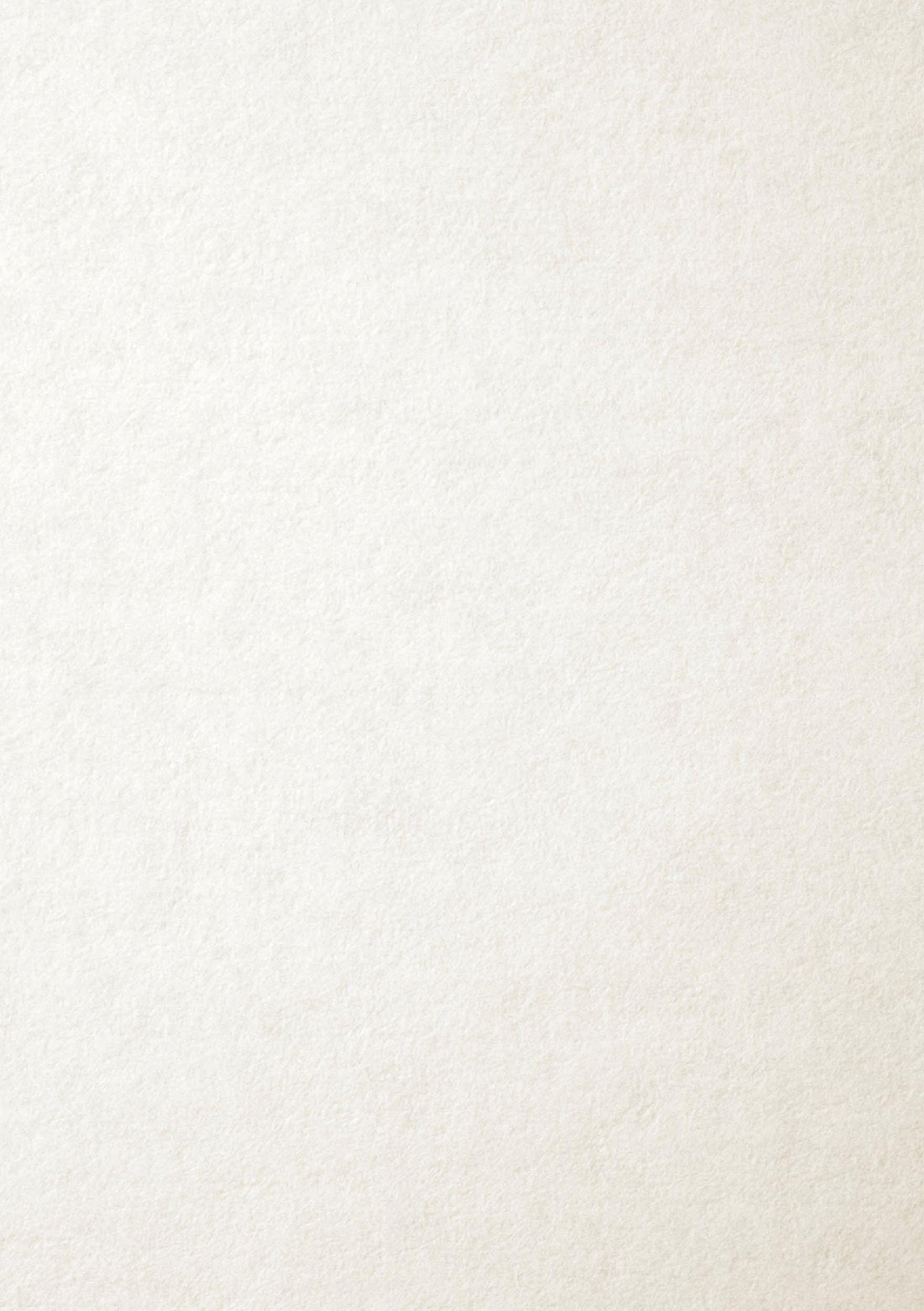
And the silence – it doesn’t leave you. The demons linger on. It pushes you to think, forces you to reflect. Baylar was right. I was pissed off about it – I am still pissed off about it and I don’t need him keeping tabs on me.
‘If you’ve hit your targets then maybe you can help me reach mine’.
‘You know, I kind of had plans…’ he teases. ‘But fuck it. We have eternity. My date with Rochelle can wait. So, what you got?’
We have files on every human allocated to us. Each is a roadmap of their life with emphasis on the times where shit starts to go wrong. The loss of a loved one; being fired; a bad fight; or maybe that kiss at a party with the wrong person. At the bottom of the roadmap there is a date and time of the human’s death – the time that is right, that has been chosen for them. But when things aren’t going to plan, a yellow slip appears. Riley’s was nestled in the pocket of my jacket.

The people who put together these files are in a completely different department – the Predictors, they’re called. I’m not allowed to ask questions. I just get given my targets and a box of files sent to me every Monday. Riley Taylor’s time was 43 years from now. He’ll be a Minister like me. Or maybe he’ll get asked to be a Predictor? I hope I won’t run into him at the Academy.
I empty the files onto the kitchen bench and grab the one on top. ‘This one’s Alice Reynolds… New York, uhm, Queens,’ I pass Baylar her file.
‘I hate New York.’ He flips through the pages, pouting, and not blinking. ‘Okay, she hasn’t found out her husband is cheating on her yet. She’s safe. Next?’
‘I thought this job had a first-cab-off-rank-rule-thing going on?’
‘No,’ he scoffs, ‘It’s all about time management. Which you, no offence, suck at.’ He was holding Mary Liu’s file now. ‘Enoggera Reservoir… Brisbane, Australia. Another suicide - great.’
The Reservoir is deathly silent. The water is green, speckled with trash, with no Mary in sight. Were we too early? Or did we miss her? My body glides to the edge and I peer into the water, anticipating her lifeless arms to be reaching out for me. I would grab those arms and pull her body onto the rocks. You’re going to be okay. We can pretend this never happened. I’ll walk you home, where your incredible boyfriend is worried sick about you. I could have been the hero, but I’ve missed again. ‘Maybe she didn’t need us anymore,’ I blurt out.
Baylar was picking up pebbles and dropping them in the grisly water. ‘Brisbane...’ he grins, ‘what a shit town.’ I wonder if he knows I grew up in Brisbane, that I never left. Would he find it funny that I lived in the same house my entire life?
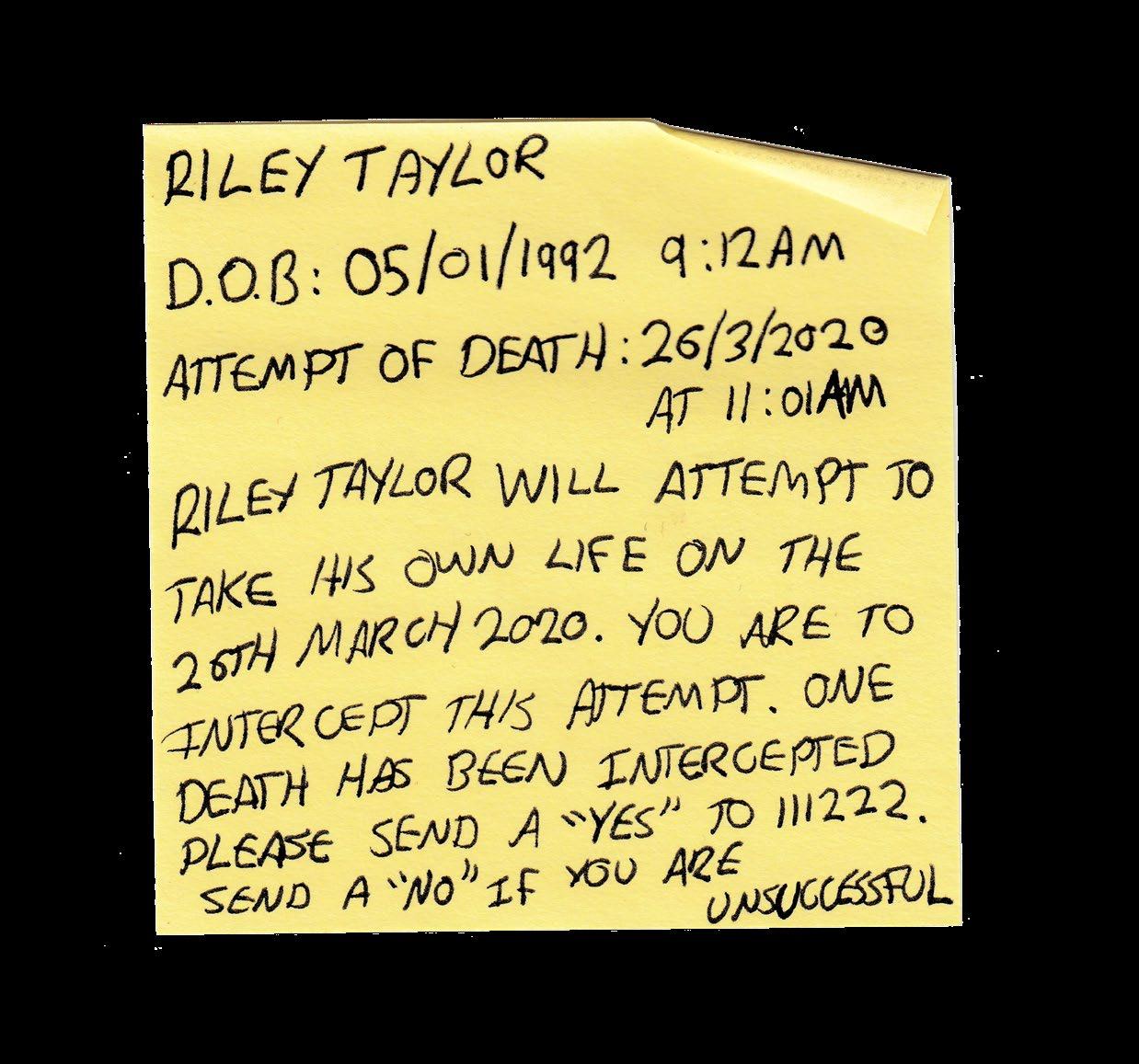
Continued in Issue 9 of Glass Magazine.

What Little Joy Got You Through Isolation?
HANNAH SMITH
I love having the time to focus on my health. Suddenly I had all the time in the world to cook, work out, and go for walks without having to make time for my hour long trips to uni everyday. After this, I’ll always make time for my wellbeing.
JENNIFER BARNABY
I loved the moments , when I could step back and look at the big pictures and see how small problems were and then refocus.
NIKKA TURANGAN
Honestly, social media. Seeing people stay connected in the most hilarious but also heartwarming ways have been quite amazing.
CAMERON MACKIE
I loved being able to spend a lot more valuable time with my partner and two dogs than I ever got before quarantine, and finally having the time to get back into reading and my creative hobbies again.
EM READMAN
The joy of FaceTime. The meaningful moments I have shared behind a screen make me feel like I am together with my family and friends while we were so far apart.
MEGHA PRASAD
Going for morning walks by myself enjoying the cool April breeze and going for evening walks with my dad discussing any topics that took our fancy that day.
ALICIA TONIO
I loved the fact quarantine gave me the opportunity to socially recharge. As in introvert, it was really important for me to finally get time away from everything and focus solely on my own healing.
RAMISA RAYA
Self-teaching myself how to make mug cakes and cookies in the microwave. Hint: look for eggless recipes because their textures most replicate the actual oven-baked versions.
ZOE VAIL
Going into my front garden and playing with my puppy in the sun because seeing her so happy makes me happy.
SARAH BALMER
When I was missing the incidental physical contact that comes along with normal life, my dog was always there for plenty of snuggles and support.
Which QLD University Of Zoom Student Are
ILLUSTRATED BY ASHLEIGH NORTH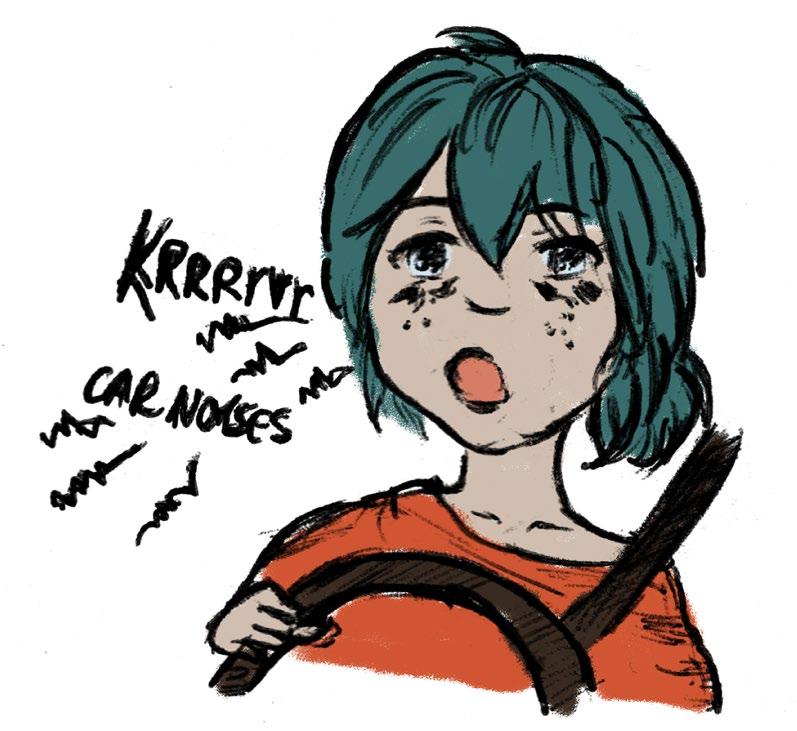
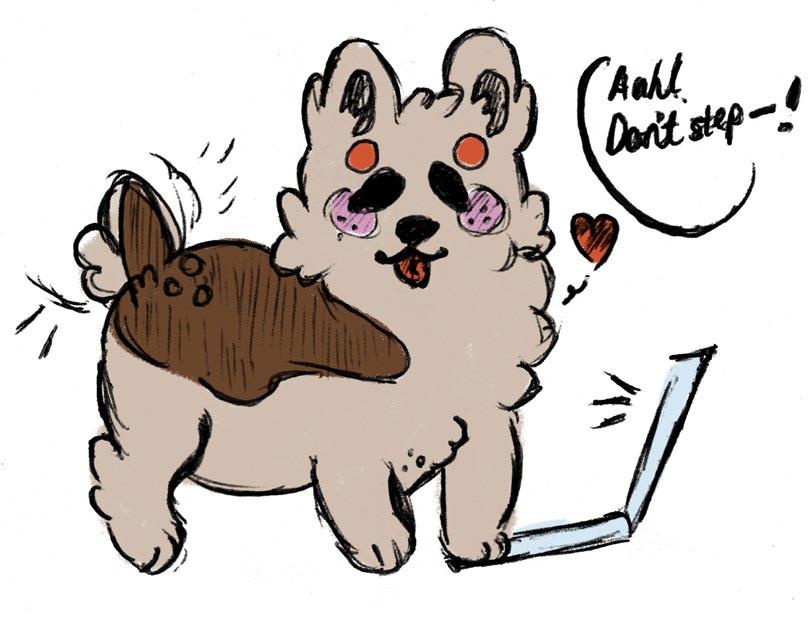

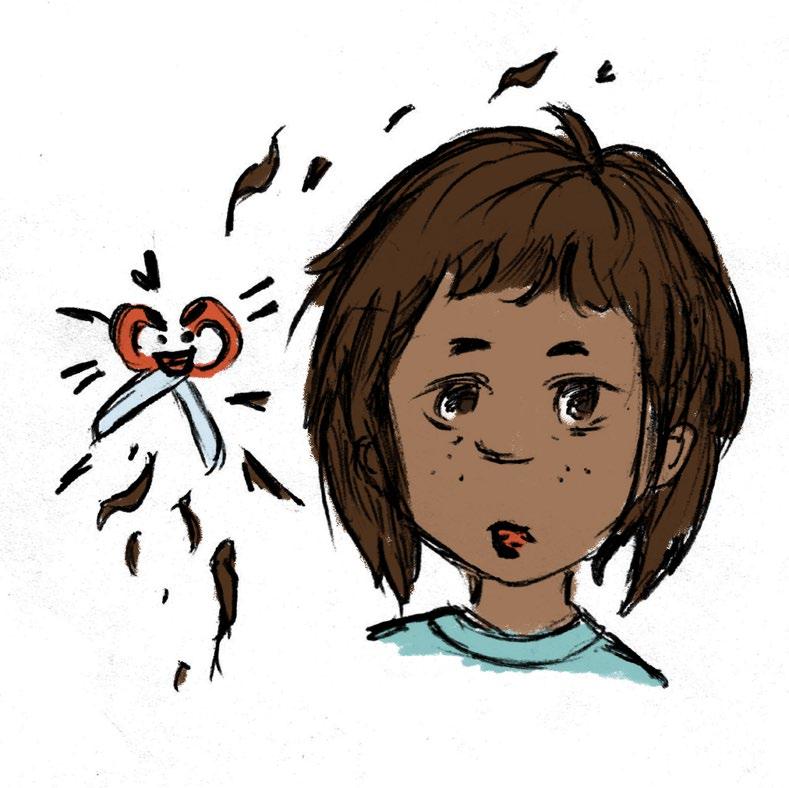
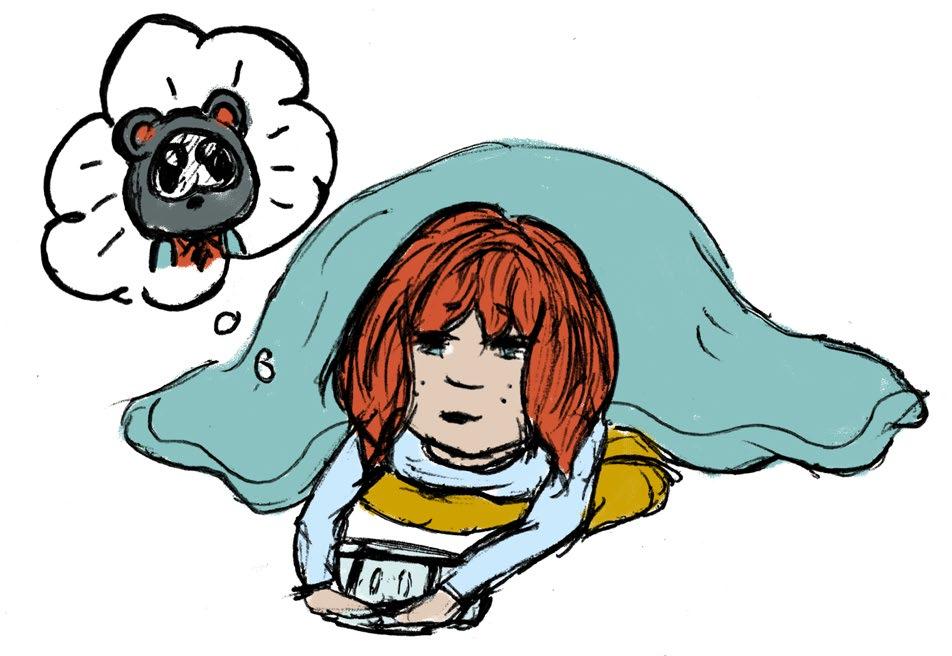
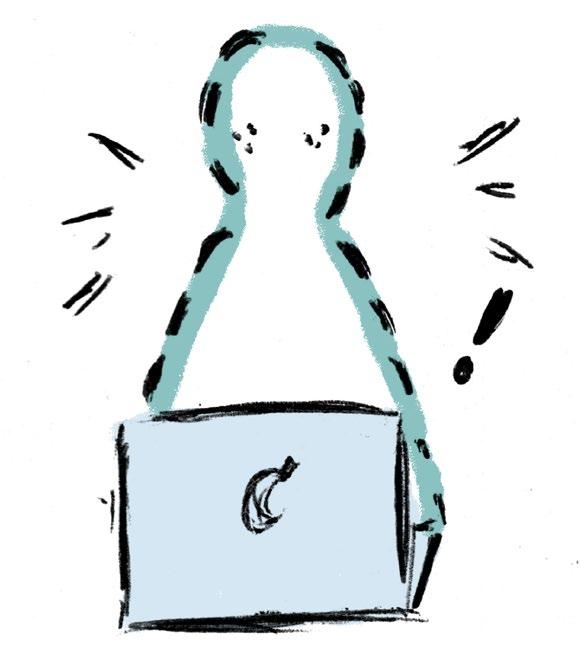
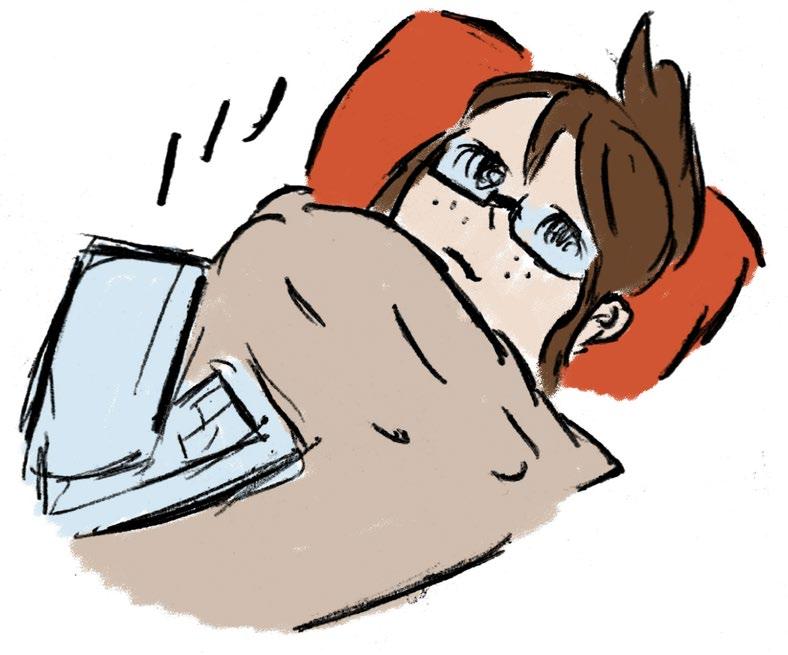
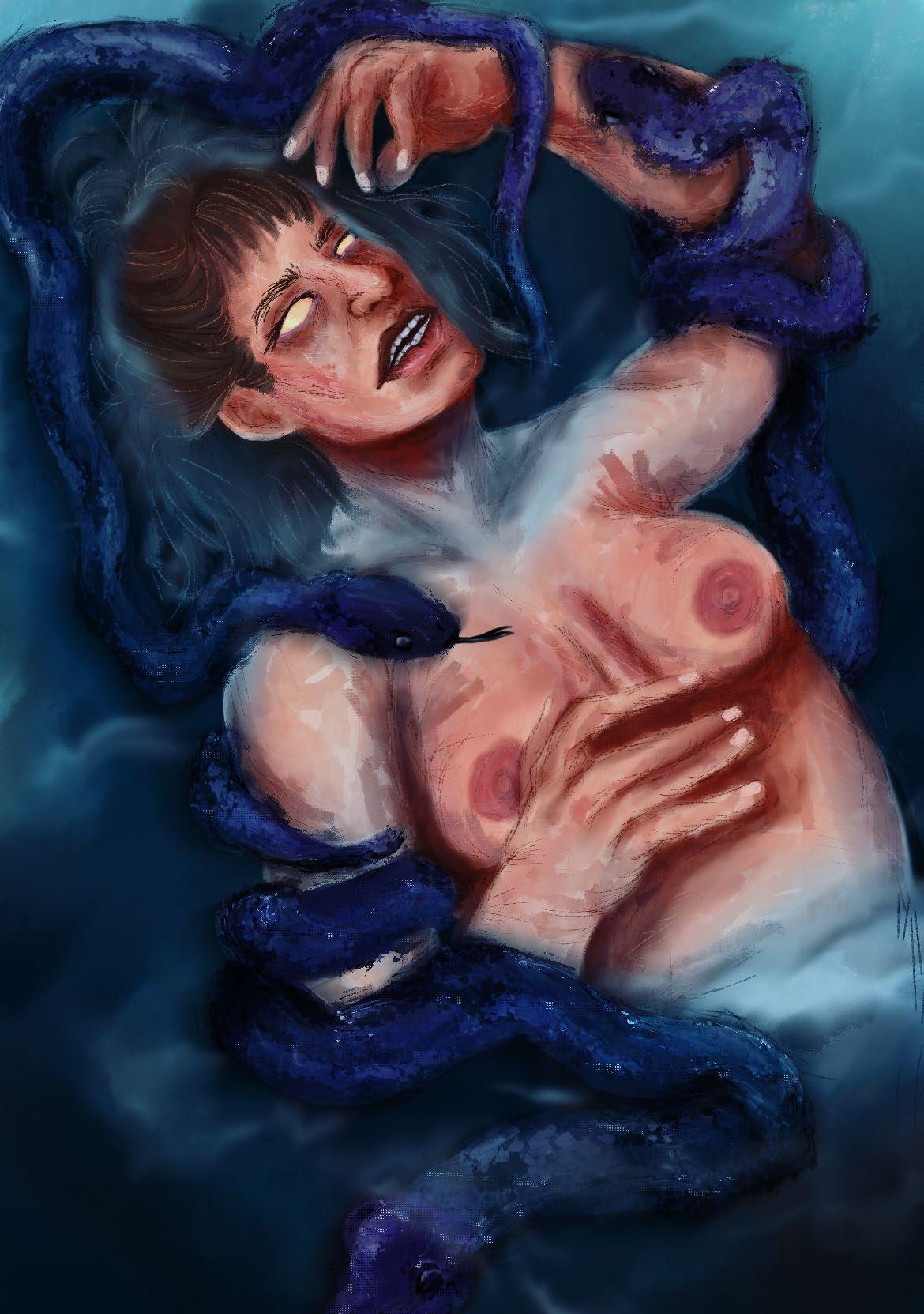
A Fracture Reborn
WRITTEN BY NINA BUSTEEDAlong with the grief I felt for my uncle’s recent passing came a breaking inside of me. A metal bolt I did not predict lodged itself in my heart, causing a crack in my person. I did not know I was yet to understand death. I did not realise I was yet to mull over, talk over, cry over, fight with and surrender to this inexorable ubiquity. What a privilege my cloak of naivety has been. How have I escaped thinking about this, escaped preparing for this blow? Until now. Too late.
The metal bolt shifts daily, fracturing ribs under what I thought was a strong corset. The protective armour, steadily built and decorated from the hours of mulling over, talking over, crying over, fighting with and surrendering to the most dangerous, horrific, heart-breaking tragedies we as people could experience; just a wispy illusion. These shifts echo as shuddering shrieks of metal against bone, metal against flesh. Questions. Scrape. Who is next? Crack. Whose company am I yet to fully enjoy and whose personhood, faults, features and mediocrities am I yet to wholly understand? Crunch, ow, fuck. Will I ever properly comprehend the nature, the uniqueness of anyone before the inevitable? Is there a way to know to who I must, on our
meetings and partings, express my love and appreciation for? My expressing and them knowing will surely soften the vines of grief if they die, right? Selfish, exploitative; I am aware. Dramatic, too. Of course, there is a solution, a salve for the torn flesh of me, as much as there can be in the wake of grief. The answer is: now and always. Now and always are the right moments to tell them, for all those you love should know it, but not because of death. Say it with your voice and your actions, not just with your eyes. Stop trying to tell people you love them with your eyes. They never listen.
With the grief I felt for my uncle’s passing, came a breaking inside of me, the bolt that created it is now in my hand. It seems smaller. With time, the fracture is welcomed, reborn as a release. Tell them all.
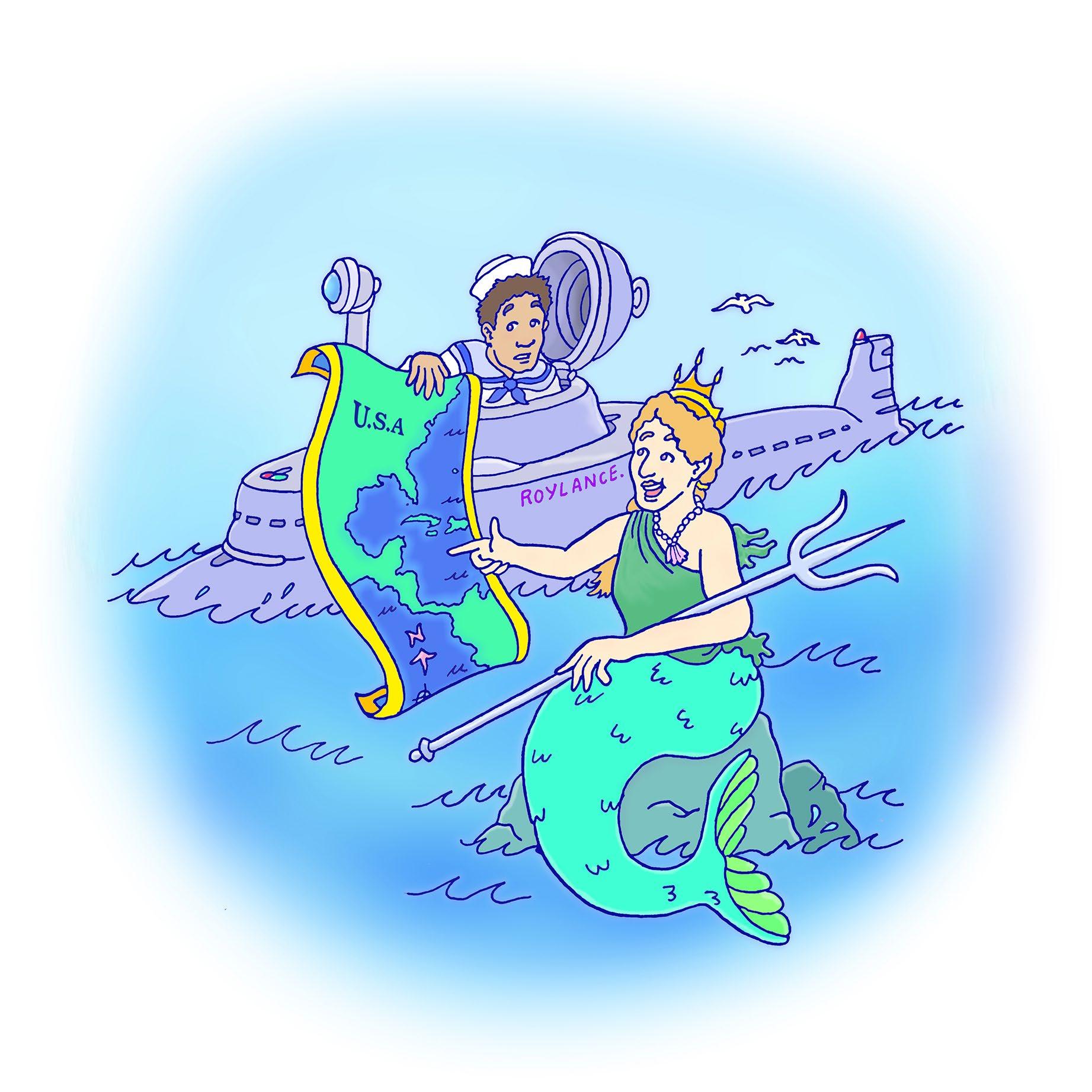
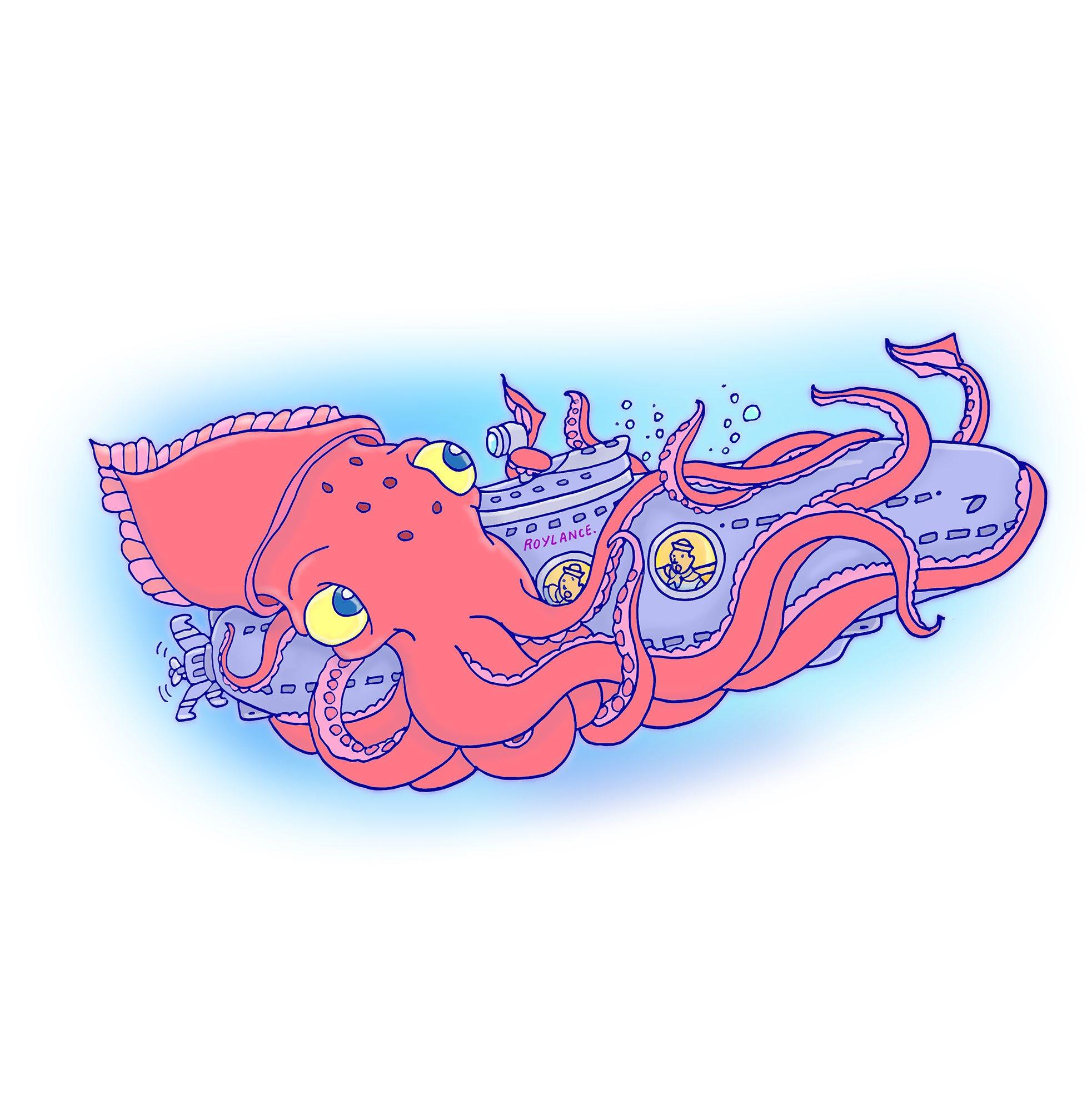
Toxic Talk
WRITTEN BY ALICIA TONIOGlobally, one out of three women experience physical or sexual violence in their lifetime, making it “the most widespread but least reported human rights abuses” according to the WHO. We are entering uncharted waters in terms of the Domestic Violence crisis.
The pandemic has made it harder to leave abusive environments, and easier for abusers to isolate their victims. Google searches about domestic violence has increased by 75% in NSW since the first recorded COVID-19 cases in the state. Yet, there is a decrease in calls to hotlines - suggesting that victims are unable to access those services. The crisis is likened to domestic terrorism, in which victims are kept hostage at home for months, trying to protect themselves and their family. It is more crucial than ever for us to be active bystanders and support persons experiencing abuse.
CREATING A SAFETY PLAN
Safety plans are specific to personal concerns. Plans may change with the situation. Not all tips will be applicable for everyone, and there is no requirement to follow all or any of the options below. The best way to develop a safety plan is with a trained professional who understands the specific circumstances.
It is tempting to launch a rescue when a loved one is being mistreated. However, victims and survivors may refuse an intervention that “bosses them” to follow a certain path. Unsolicited help may feel disrespectful and controlling. The first thing to do is educate yourself. Abuse comes in many forms and is often about removing a victim’s sense of control and independence.
WARNING SIGNS FROM POTENTIAL VICTIM
• Excuses for injuries .
• Personality changes such as low selfesteem, anxiety, seeming withdrawn .
• Always checking in with their abuser and an anxiety to always please the abuser .
• Having little to no money on hand .
• Skipping work, school, social outings for no clear reason .
• Being infantilised – having to ask their abuser for permission, having their belongings confiscated or being monitored
• Wears inappropriate clothing for the weather – such as long sleeves and scarfs to hide injuries.
WARNING SIGNS FROM POTENTIAL ABUSER
Bullying, threats, and control:
• Abuser is possessive and jealous. E.g. accuses victim of cheating
• Overly critical of victim
• Controls victim’s clothing and appearance
• Threatens to harm victim or their loved ones
• Indirect aggression - throws things, punches walls, destroys belongings
• Yells and intimidates victim
Financial Control:
• Restricts victim from cash and bank cards
• Forces victim to explain every dollar spent
• Restricts victim’s job choices, or ability to work at all
• Steals money from victim or their loved ones
• Restricts money for basic needs like food and clothing
Social Control:
• Monitors victim and questions where they go or who they spend time with. E.g.
Constantly calling the victim or following them.
• Restricts access to family and friends
• Humiliates victim in public to minimise their desire to socialise.
• Restricts victim’s transportation options
Physical Abuse:
• Abandons the victims in places they do not know, or have minimal transportation alternatives
• Attacks victim, including restraining, pushing, pulling hair
• Restricts the victim from eating, sleeping, or receiving professional care
• Locks victim inside or outside the house
Sexual Abuse:
• Coerces or forces victim to do sexual acts through manipulation, substances or physical force
• Is intentionally aggressive or violent during sexual acts without victim’s consent
• Forces victim to dress in a sexual way
• Attempts to give victims an STI
• Refuses to respect victim’s desire to use contraceptives or condoms.
Experts suggest approaching victims gently, without judgment. The key is to use empathetic language. Make it clear that it is the abuser is solely responsible for their behaviour. The victim is not responsible for making a person stop being abusive. Remind them that everyone has the right to live without fear.
Empower victims to take action by exploring potential options that they are most comfortable with. One method is to ask questions: “Are you open to getting medical attention, calling a hotline, reporting the stalking, going to the police, talking to a lawyer?”.
• Check in with someone who you are personally worried about. Aim to do this when they are alone and in a safe location.
• If calling or messaging a suspected victim, always assume that the abuser could be listening. Use vague phrases or codewords such as the following - “Is this a good time to talk?”.
• If you suspect they are being overheard, give them an excuse to end the call. - “Are you interested in doing a survey?”.
• If the victim is interrupted and needs to end the call, they could say “Sorry I’m not interested in doing a survey”
• If the victim is unsafe, they could say “You have the wrong number”.
• Offer to hold onto their valuables that will not be noticed missing by the abuser. This allows victims to slowly shift their belongings out of the house.
• Direct victims to domestic violence resources or offer to seek the help on their behalf without revealing without revealing their identifying details.
Do not ever put yourself at risk. Housing the victim, their children or pets may place you in the abuser’s path. Confronting the abuser, yourself can put you in immediate danger. If the victim is in immediate danger, call the police and wait. Do not personally intervene as your personal safety is priority.
To find a list of support contacts and resources, visit qutguild.com/help/ qut-support-contacts
I can’t breathe without you. That’s what I tell myself when the world feels too big and I want to say I’m too small to face it.
‘Dear’, I could say, ‘you’re cruel to send me out there, as small as I am, as alone as I am, without you.’
You could be anyone. There are a million of you, alternative lovers, a million realities in which I’m yours or someone else’s, it doesn’t matter. Just remember that I am not mine. Let me care for you. Let me live for you. Let me pick up your pieces and match your socks.
What are you afraid
now that the world has shut down?
WRITTEN BY ASHLEIGH NORTHIs it the uncertainty, the waiting?
That normal doesn’t exist anymore in your normal living spaces? Is it not knowing- what it means to be ‘back to routine’; where the next paycheck is coming from; how to find meaning wwithout stimulation, distraction, human interaction?
Is it trying to remember what day it is, which pill you didn’t take, what lesson you’re missing, to eat— not to eat— why you’ve been sleeping for 15 hours a day?
You, the girl with the wide eyes, opened mouthed. Listless. What are you scared of?
The quiet in the middle of night wraps itself around you, tightens around your chest. Breathe in, breathe out. You fear as you lay to sleep that this will stretch on and on. Limbo.
A permanent, deafening silence that eats up the world and leaves you shivering in your bed. Now, you’re scared of the dark again.
of,
Ocean
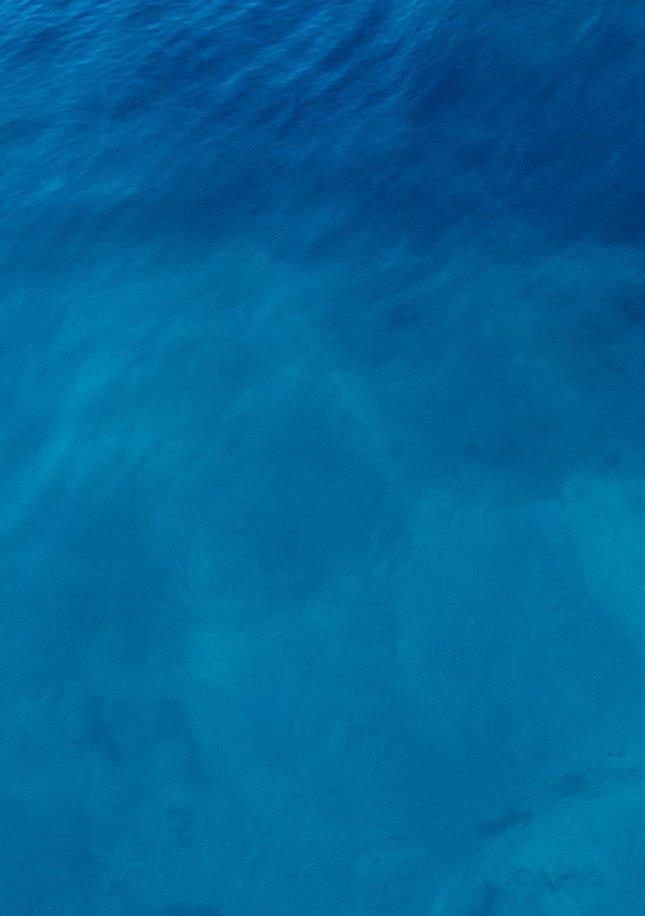 WRITTEN BY ELIZABETH LIM
WRITTEN BY ELIZABETH LIM
She was a stoic, with a mind in turmoil. Although not completely emotionless, she simply didn’t want to feel anymore. She felt exhausted but her feet kept moving. Walking past houses and shops,
she allowed her feet to guide her towards her final destination. She must have been acting weird or had a weird look on her face because suddenly, strangers that were passing by her were taking a second glance or turning around to approach her.
‘Are you alright?’
‘Where are you going?’
She could never answer them. With a sigh and a simple glance, she carried on her way.
‘Am I alright?’
What a loaded question, she thought to herself.
‘Am I alright?’
She asked herself again, as she continued to let her feet take her wherever they pleased. She barely knew the answer anymore. In fact, she barely knew anything anymore. What exactly, did it mean to ‘be alright’? It felt foreign to her now. She had always been the person to light up the room the moment she walked in. Everyone knew her, everyone wanted to be her. Yet, she didn’t even want to be herself.
She kept walking. It felt like hours had gone by, but her feet finally stopped.
Standing on the shore, she let herself fade into her surroundings. She stood there staring into the abyss, not quite understanding what was happening around her. The world buzzed by her, yet she felt so alone in that moment.
She listened to the roistering of waves as they splashed on the shore. It was as if they were telling stories to the pebbles and stones; almost like they were speaking directly to her.
She breathed in the salty air and felt her lungs fill up with life, something she hadn’t felt in a long time. She thought about how funny it was, that a body like hers, capable of so much, required the smallest of breaths to simply— stay alive.
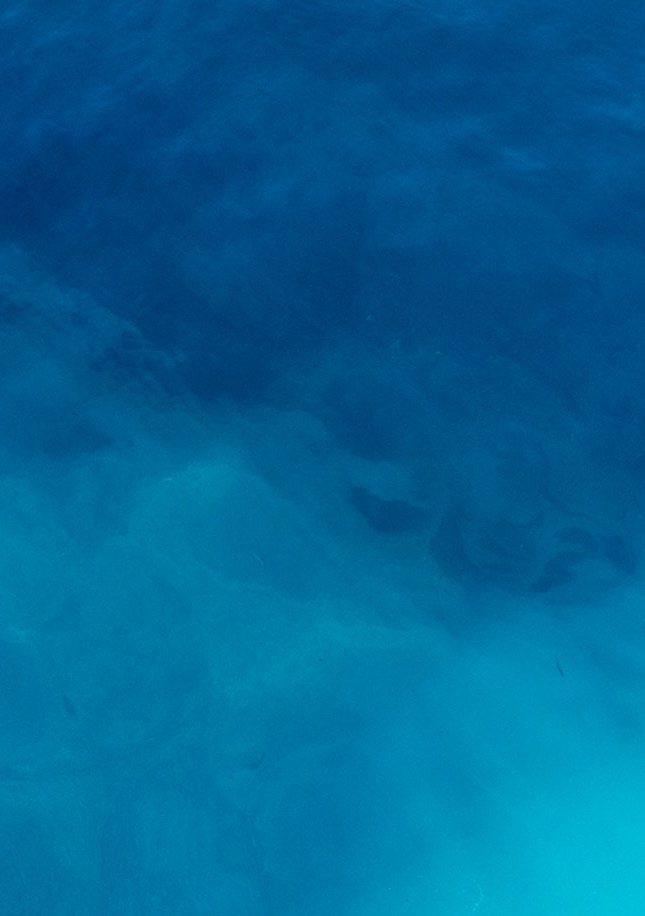
The sound of waves crashing, soothed her solicitous mind, and with every step she took towards the frigid waters, she could feel her troubles escape her. And with one last crash, she felt herself wake up.
She’s been through this countless times, yet every time she awakes, it feels like a different experience. ‘What’s happening?’ She’d ask herself, even though she knows she’d never know the answer.
The ocean was her safe place, but only in her dreams. In her dreams, she was whatever she wanted to be and every time, she was drawn in deeper and deeper. She has no understanding of what’s happening, and she can no longer tell the difference between reality and dreams. But all she knows, is that the ocean takes away the feelings of dysphoria, and one day, she hopes the sound of waves crashing will finally drown out all the noise in her head.
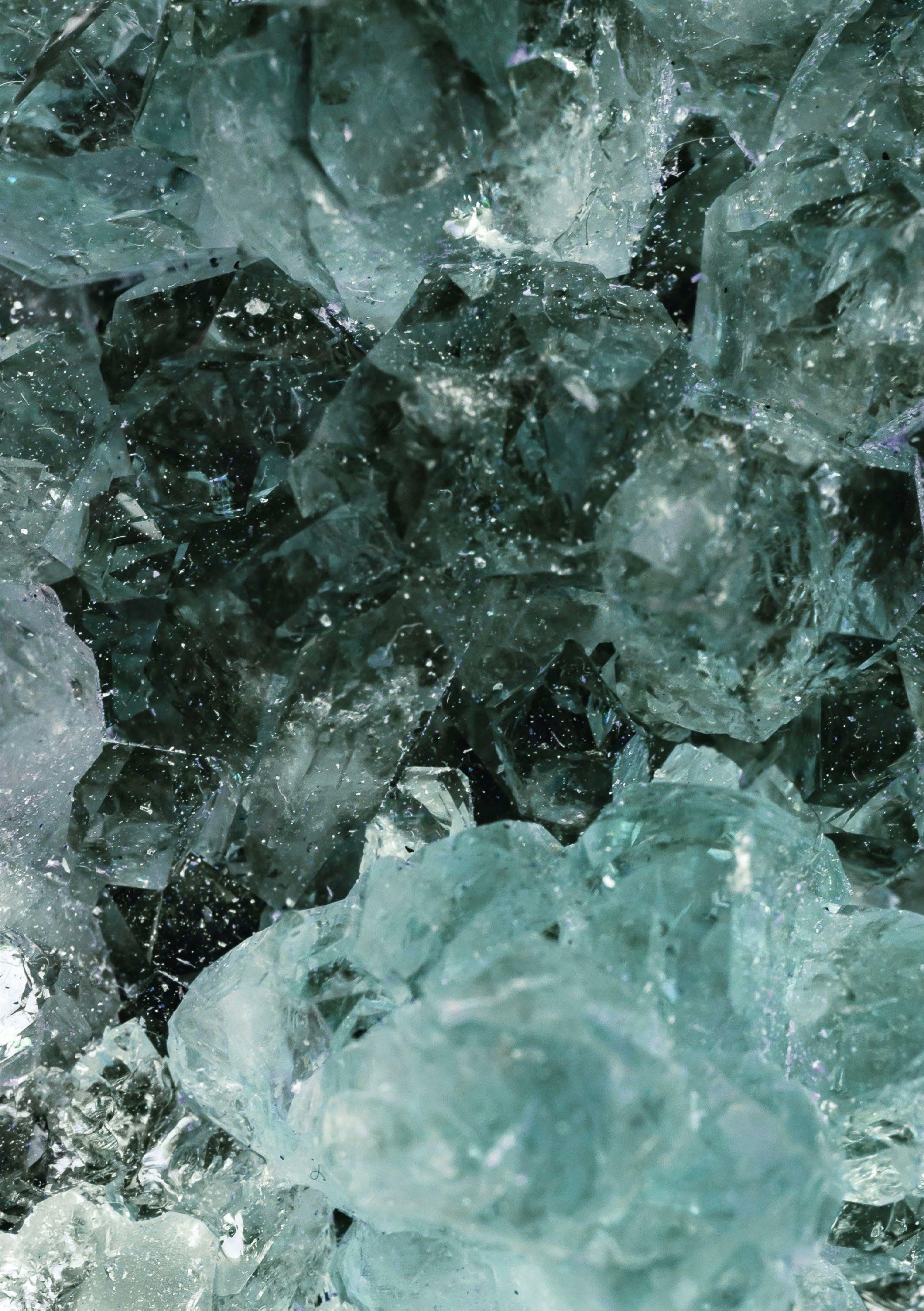
Submit
We love celebrating and publishing the work of QUT Students and Alumni. Our online submissions are always open and our print edition submissions open on a rolling basis. You can find information about the submission theme and how to submit to Glass on our website, qutglass.com, or our Facebook page. We accept writing of all kinds. We take poetry, opinion pieces, essays, satire, fiction, recipes, reviews and more. We also take illustrations, collages and photography. If you have any questions, feel free to get in touch with the editorial team to discuss.
Announcing our Issue Nine Theme: Grit and Glitter.
Diamonds are the strongest object on our planet. Burst open the champagne and take to the streets with your protest sign. Don’t be afraid to get your hands dirty for what you believe in. Read between the lines. Remember, all that glitters is not gold. Pull back the glamourous facade and show us what lies underneath. We want your brightest and grimiest poems, searingly beautiful essays, striking artwork and darkest stories. Interpret it anyway you like and light up our inbox when submissions open.

